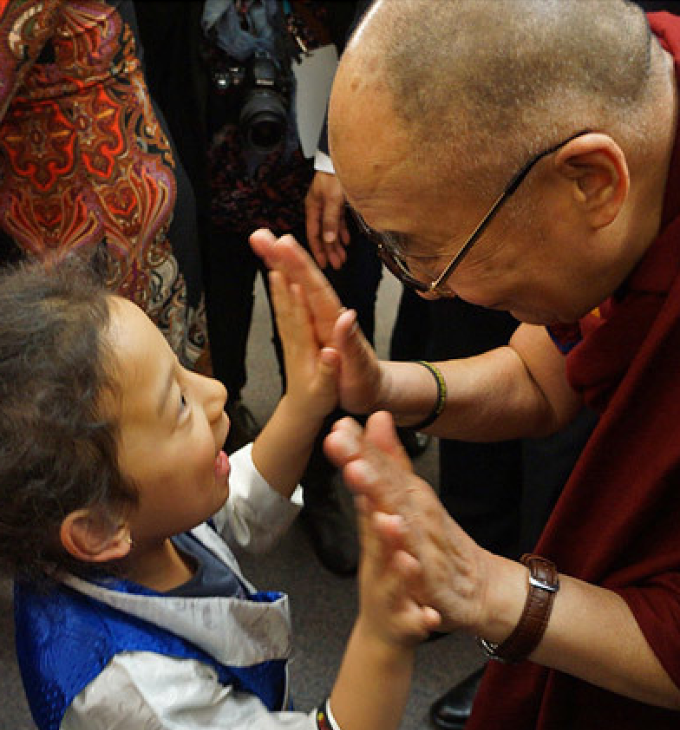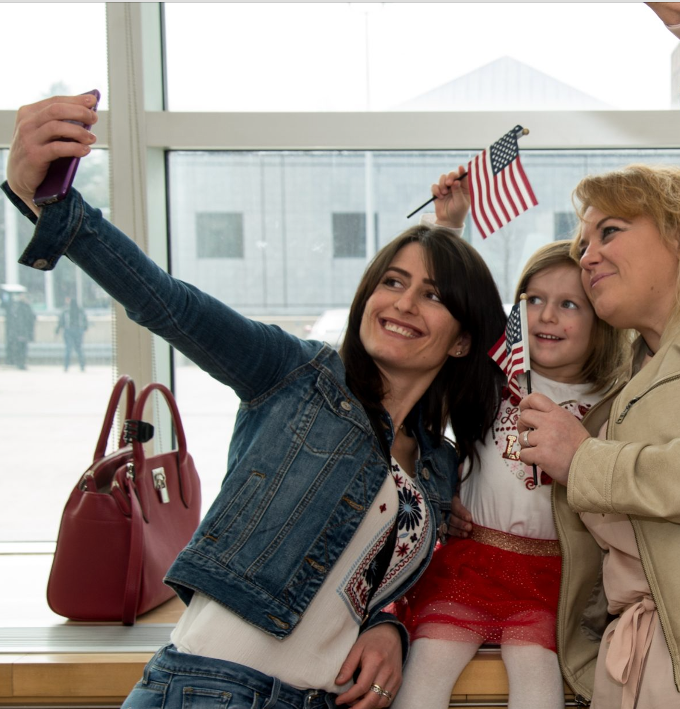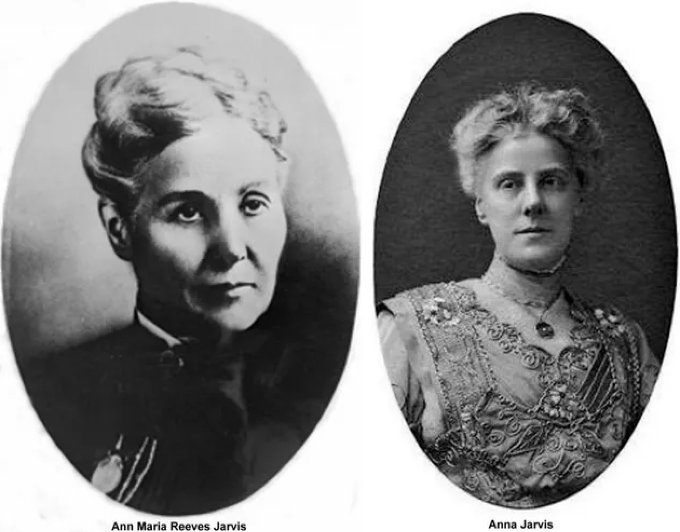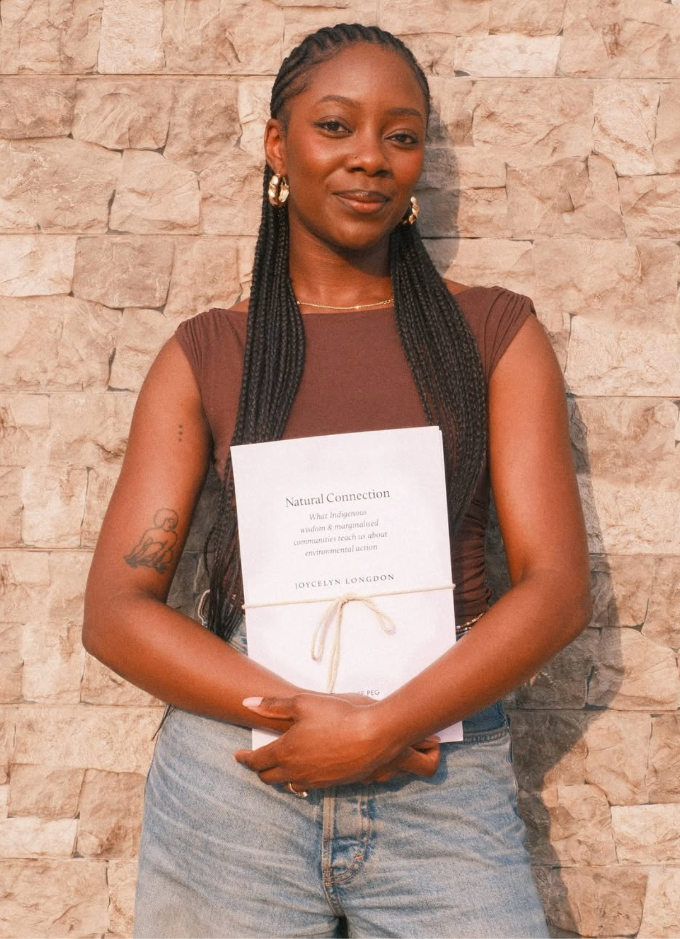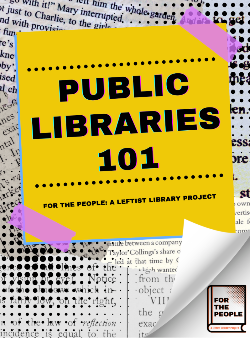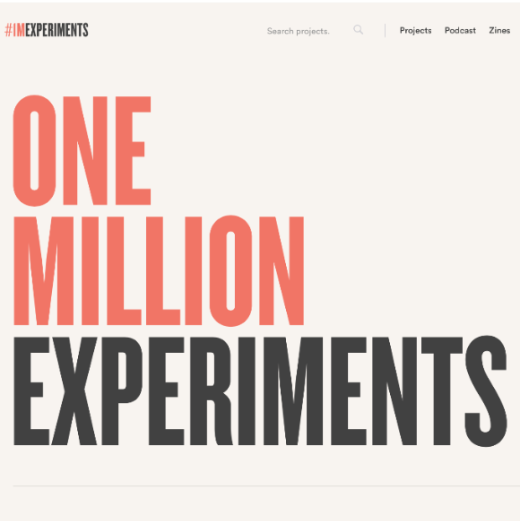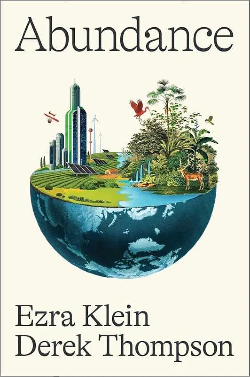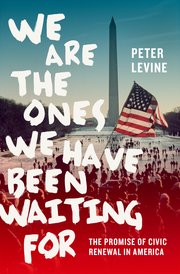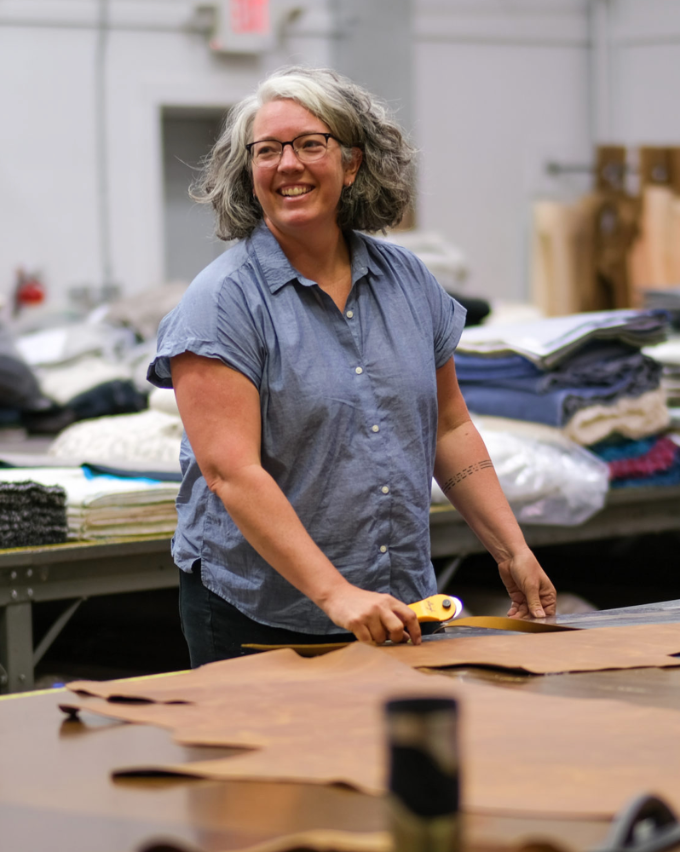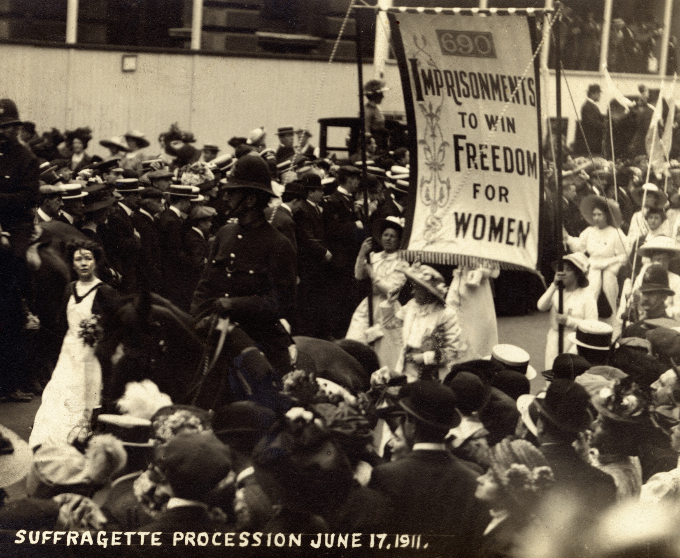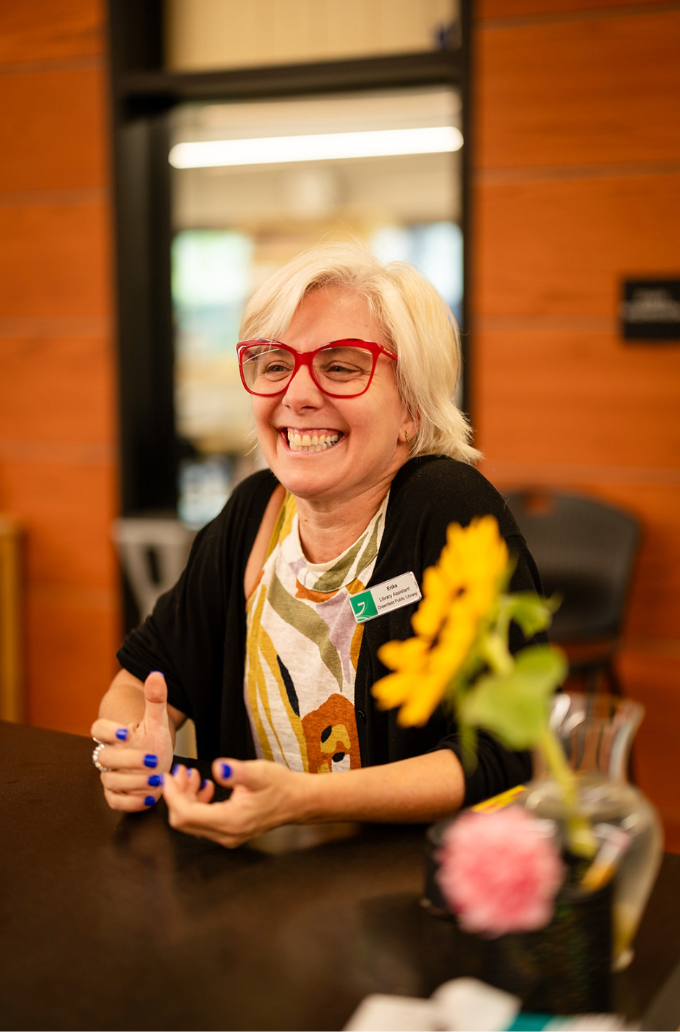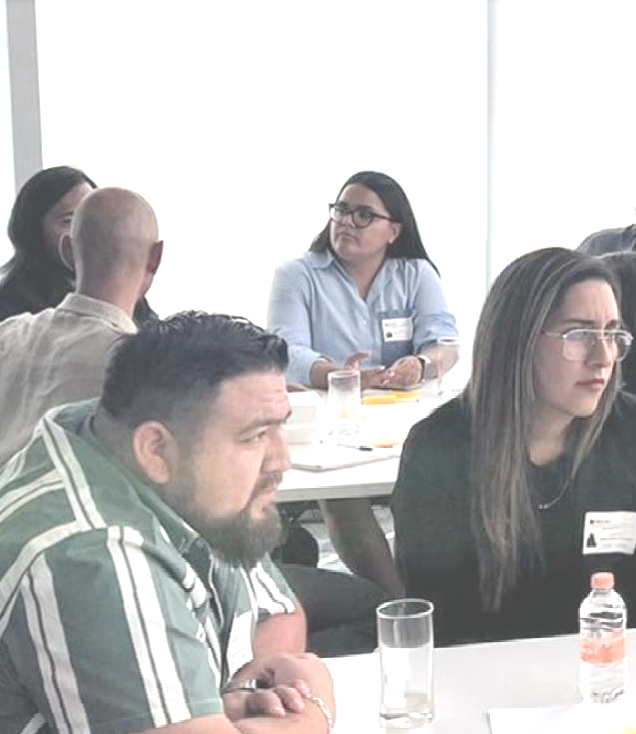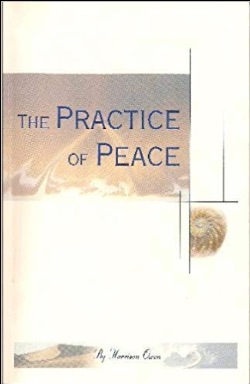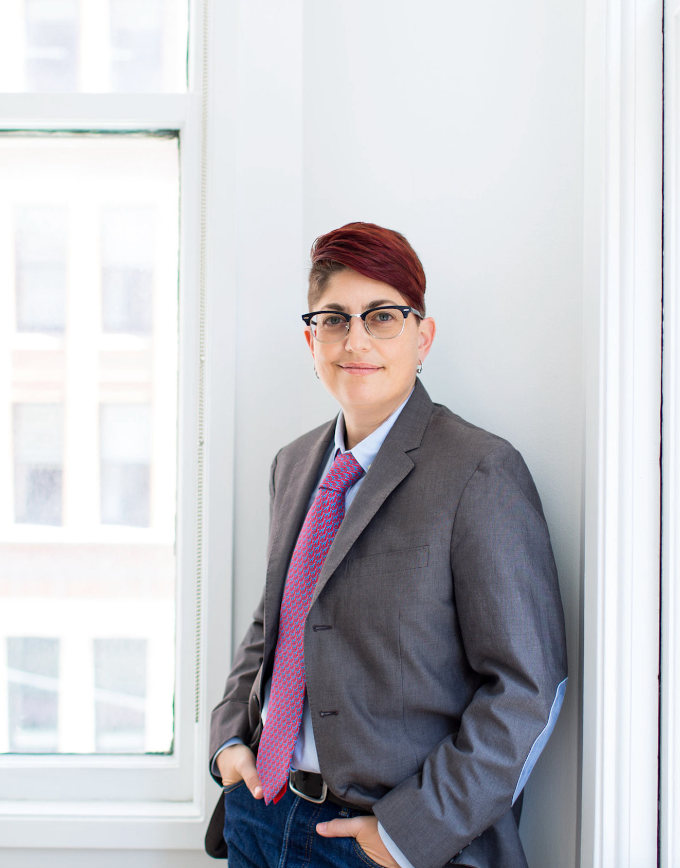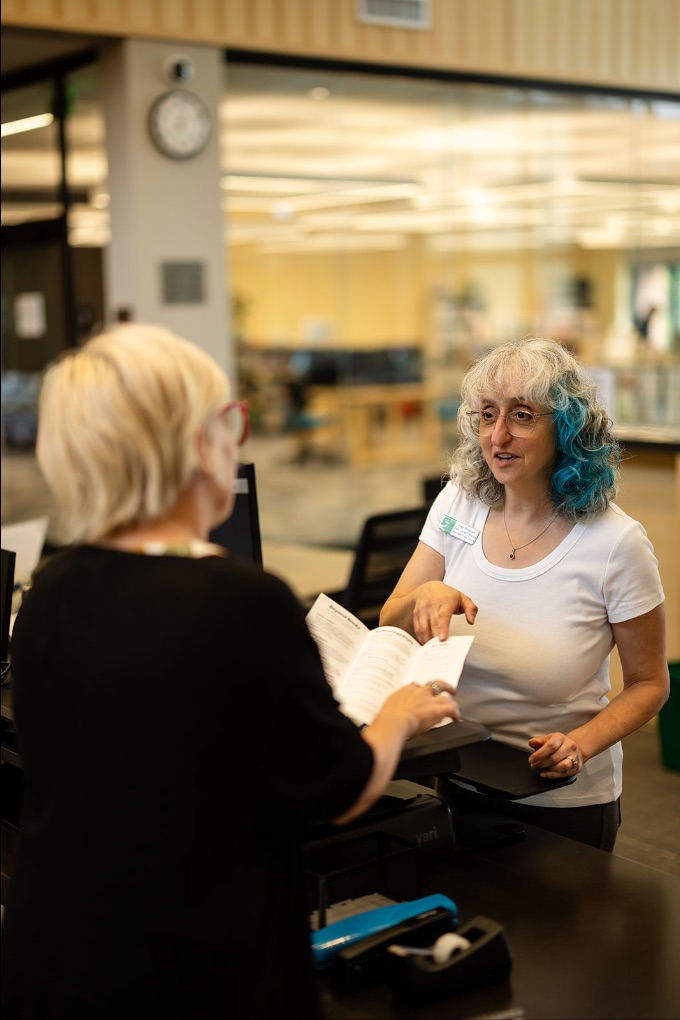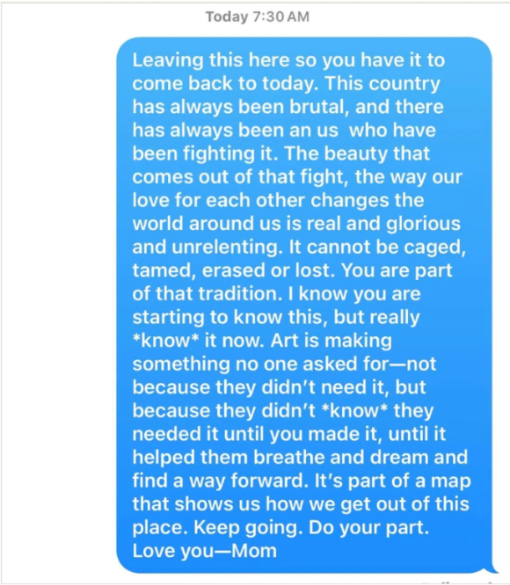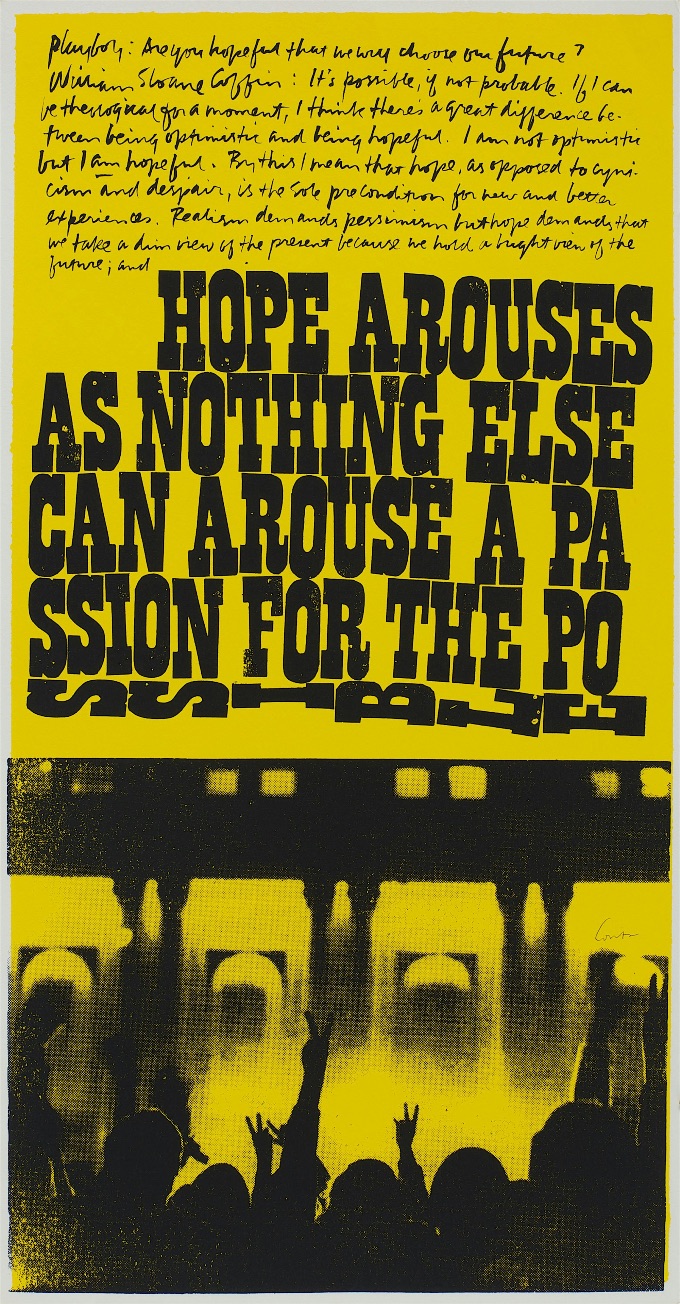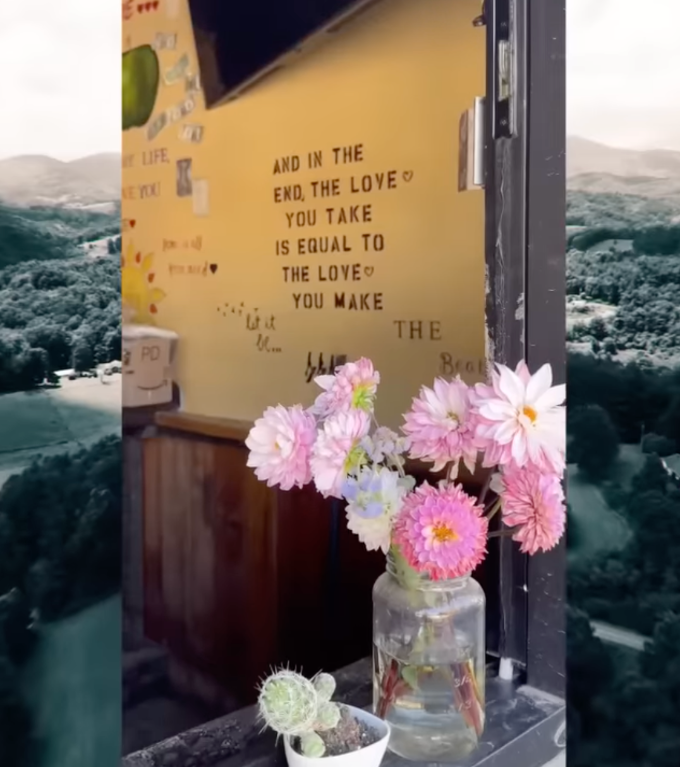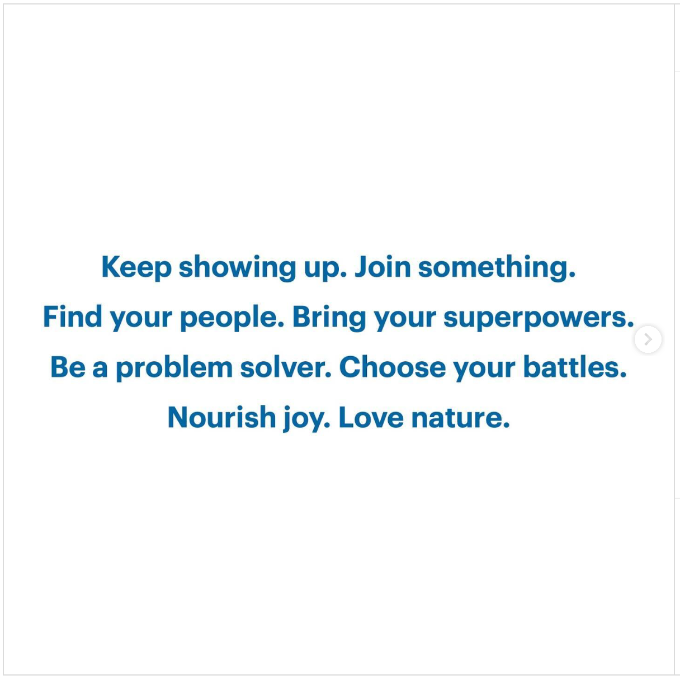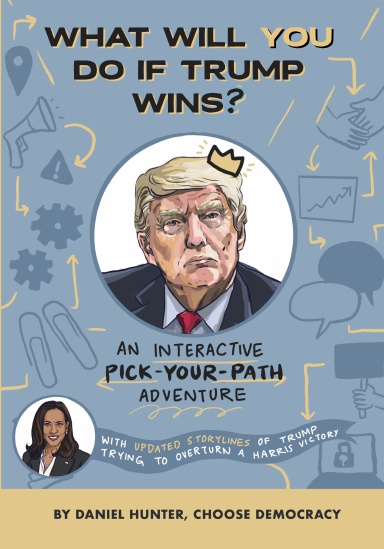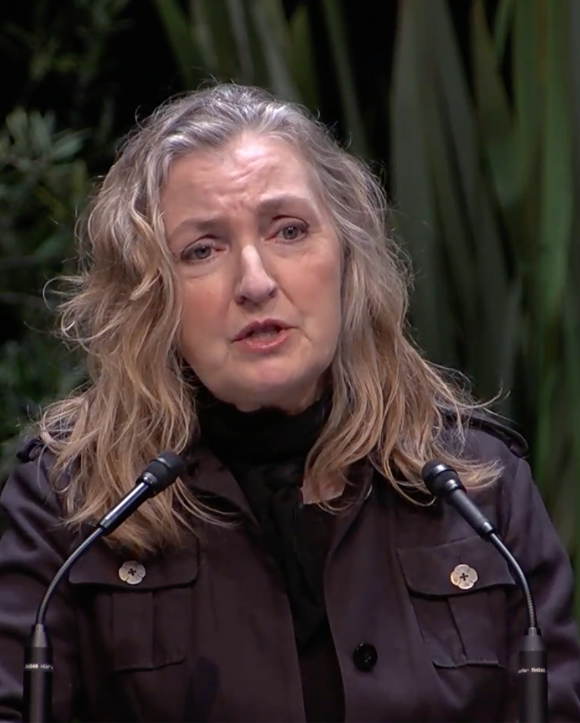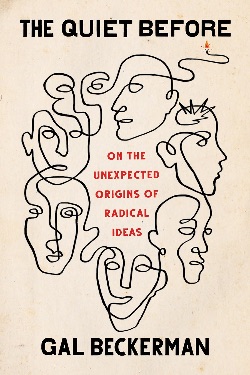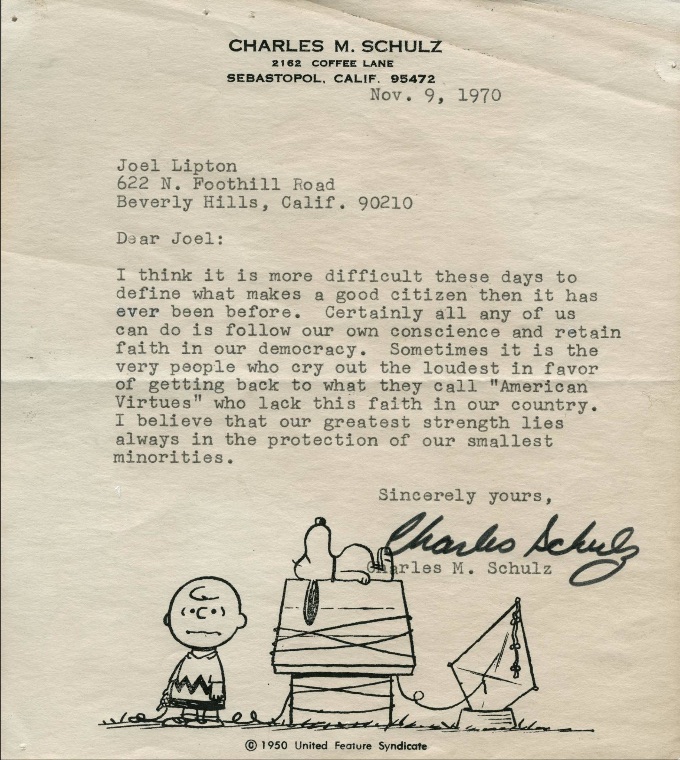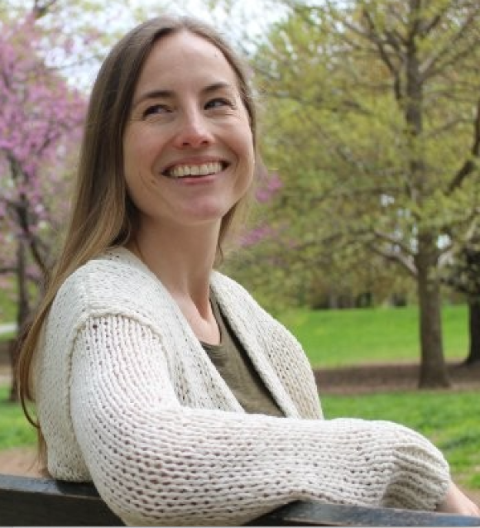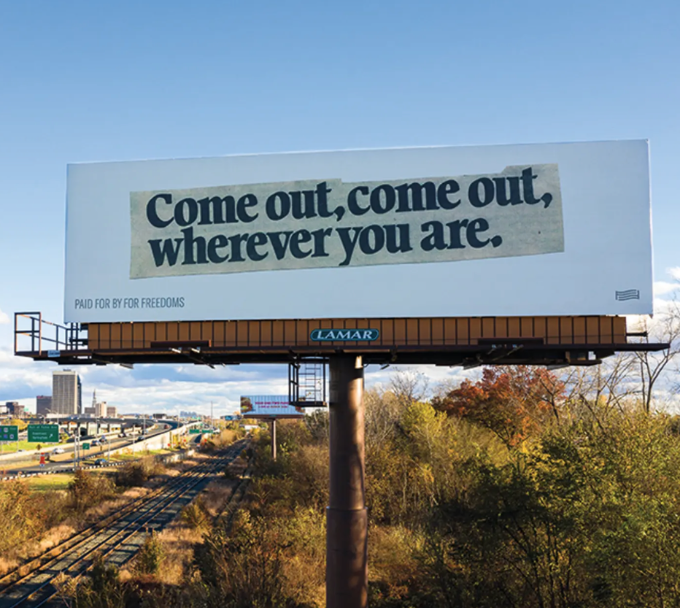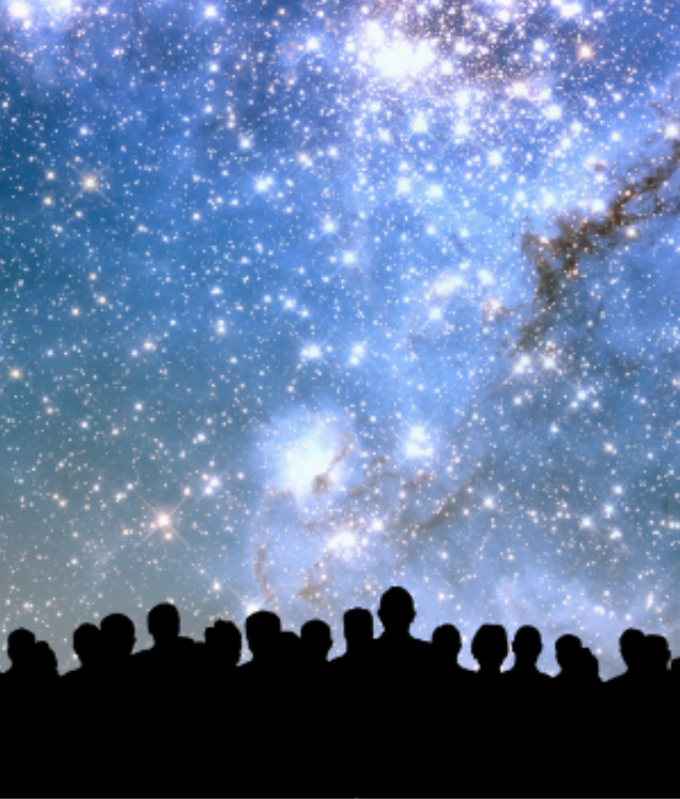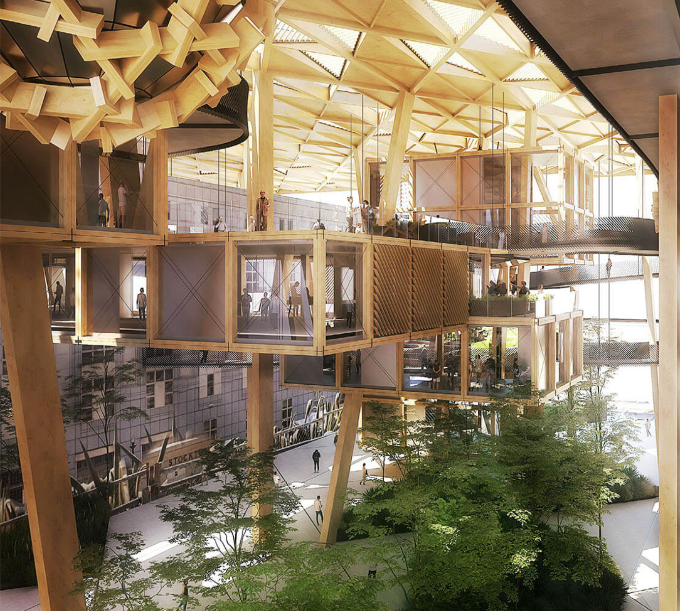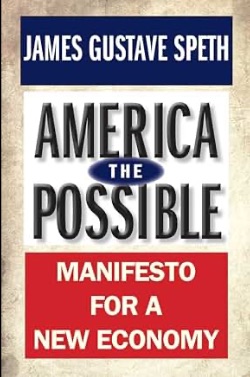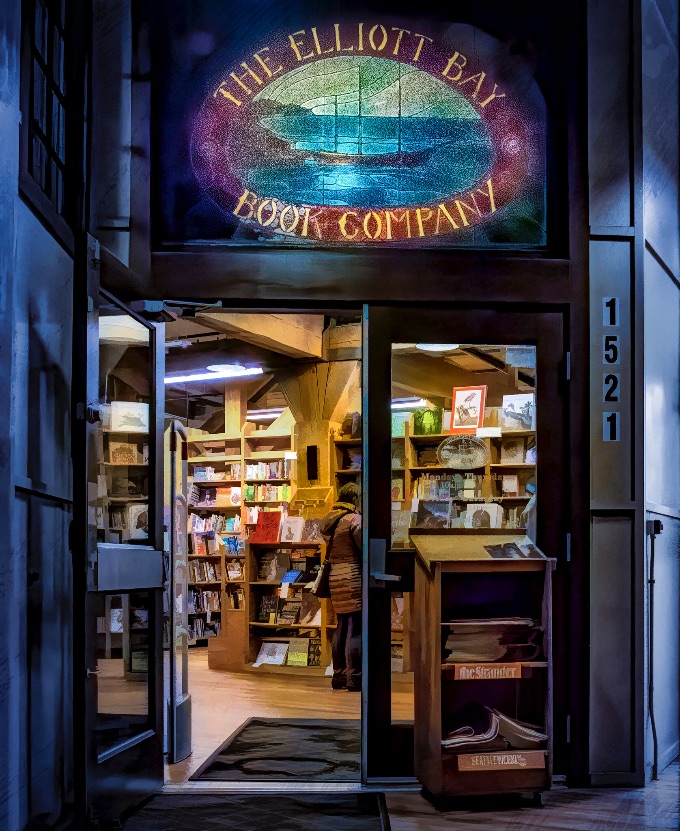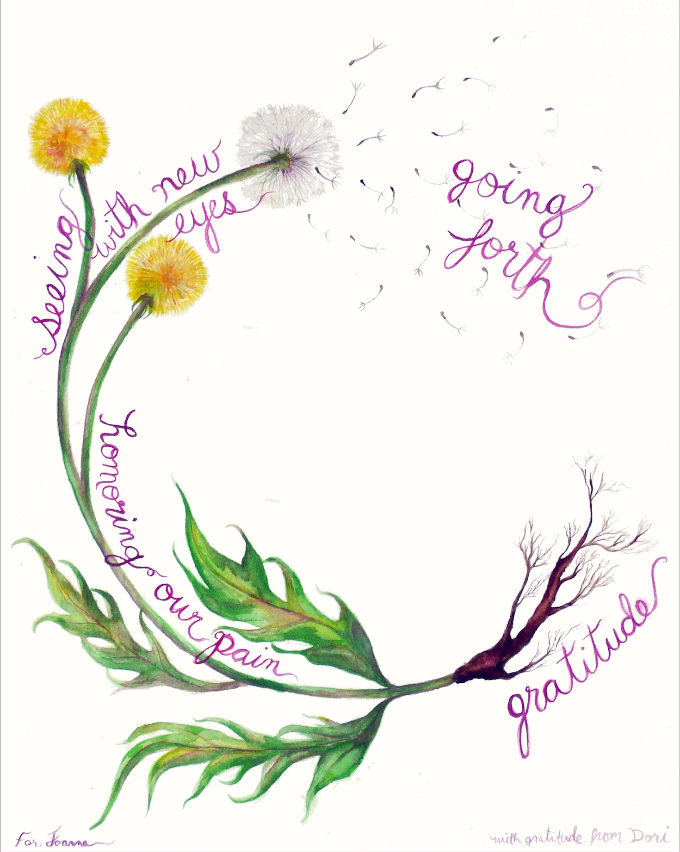
What we’re facing is serious, and we need to acknowledge the whole truth of it.
In early 2017, just after Trump’s first inauguration, journalist, Dahr Jamail, interviewed eco-philosopher Joanna Macy to ask what it means to live well in dark times marked by accelerating climate disruption, collapsing ecosystems, chronic war, and extreme inequality. Macy argued that the most radical act in such moments is to remain fully present rather than numbing ourselves with distraction.
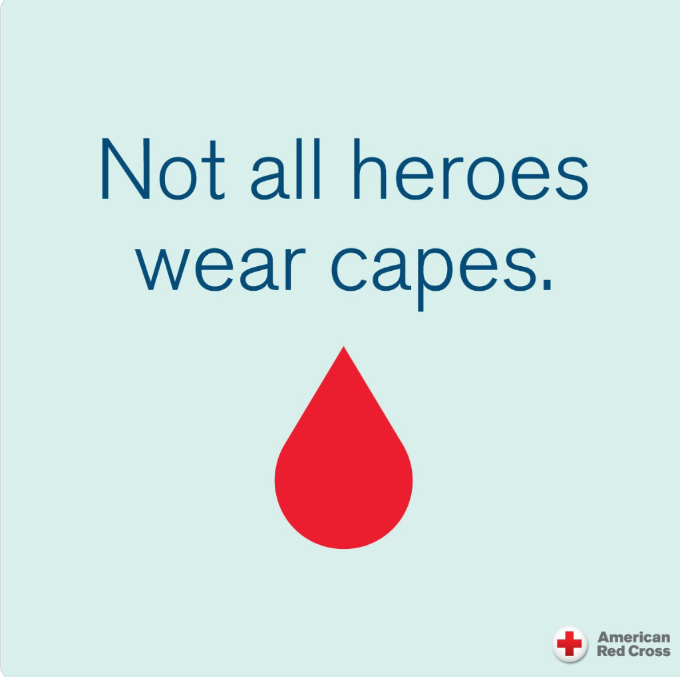
Many Americans still want to live in a compassionate country.
Tara Sonenshine is an American diplomat and Emmy-winning former broadcast journalist whose career has taken her to the center of some of the late twentieth century’s most consequential events. In the 1990s, she reported on war and trauma across the globe, including the violent suppression of protests in Tiananmen Square, the fall of the Berlin Wall in 1989, and the collapse of the Soviet Union two years later.
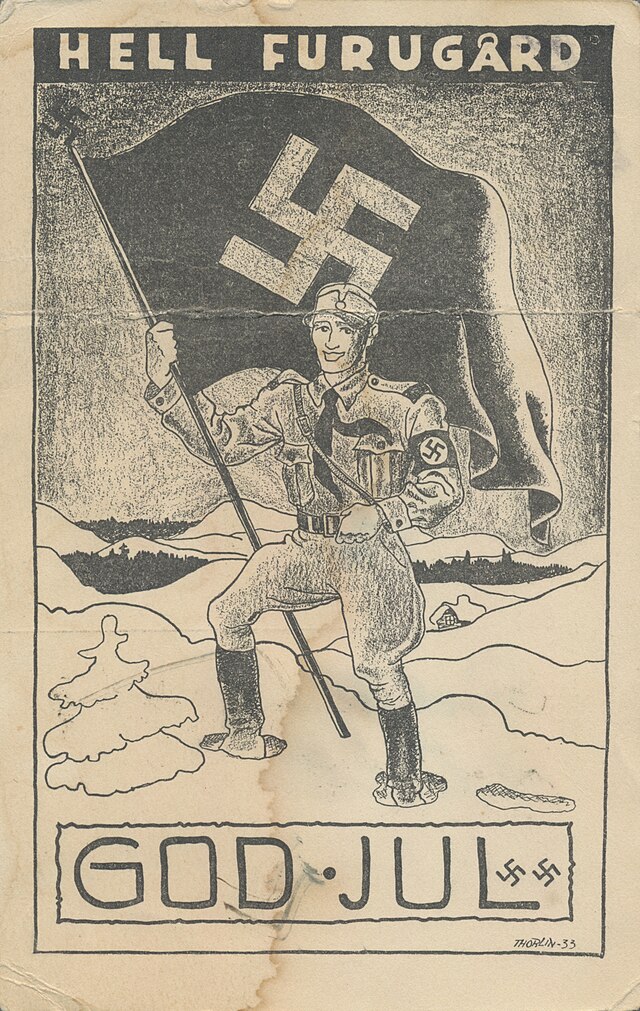
What does a creative response to polarization look like?
Activist, sociologist, and writer George Lakey is as troubled by today’s polarization in the United States as you and I are. But while the moment is painful, he also suggests that polarization can be a precondition for major democratic and economic advances—if people respond creatively rather than retreating into despair.
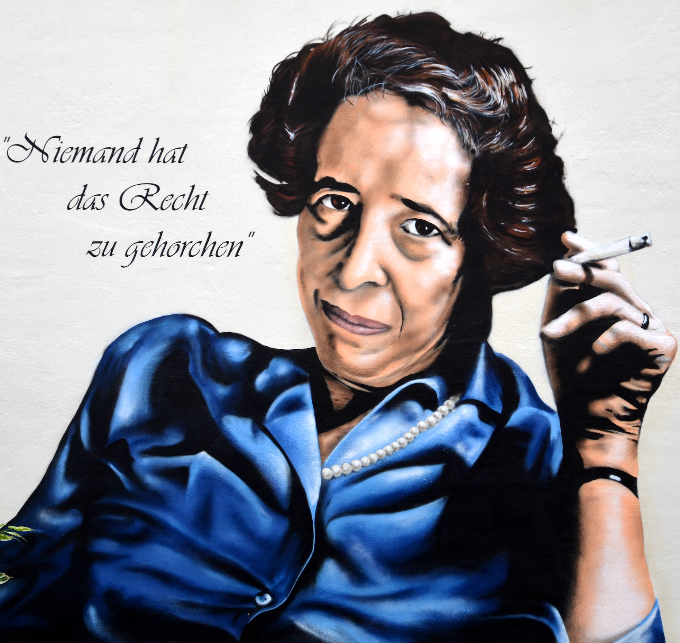
Care, dignity, and belonging as the core antidotes to resentment politics
By invading Venezuela in defiance of both national and international law, Trump is fulfilling a campaign promise. He has been explicit about his intention to pursue an imperial mindset.
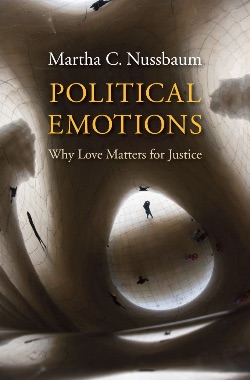
Love with a civic address
Martha Nussbaum is a philosopher and legal scholar who has spent her career asking what human beings need to live lives of dignity—and how law, education, and culture can support that aim. In Political Emotions: Why Love Matters for Justice, she brings this work together to suggest that certain shared feelings—compassion, solidarity, and a critical kind of civic pride—provide the emotional infrastructure diverse societies need to pursue genuine justice.
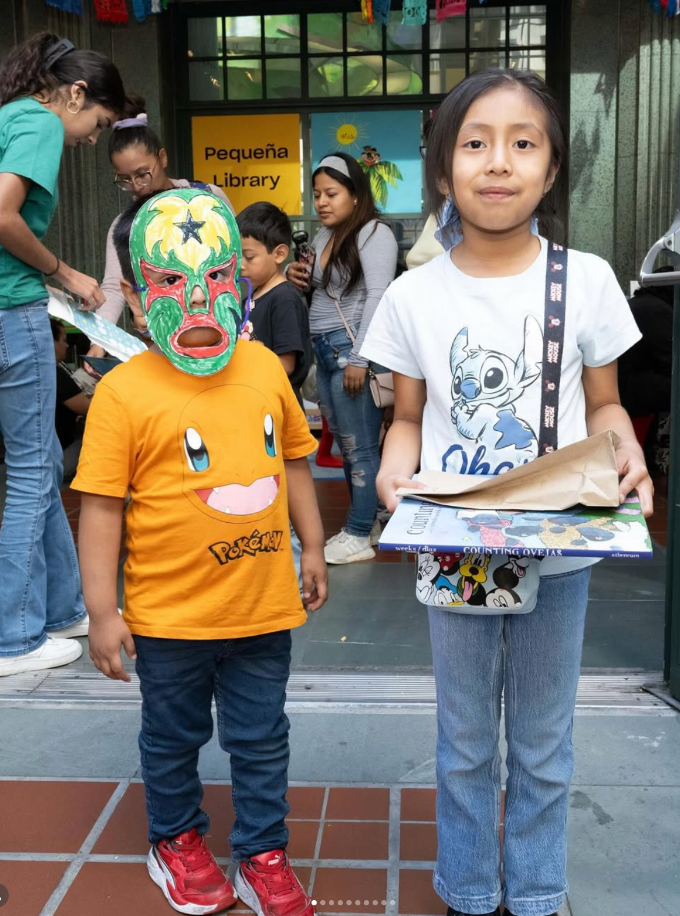
Libraries as essential civic infrastructure
IREX is a global nonprofit dedicated to strengthening people, communities, and institutions so societies can function more justly and resiliently. Its work prioritizes human capacity and civic trust.
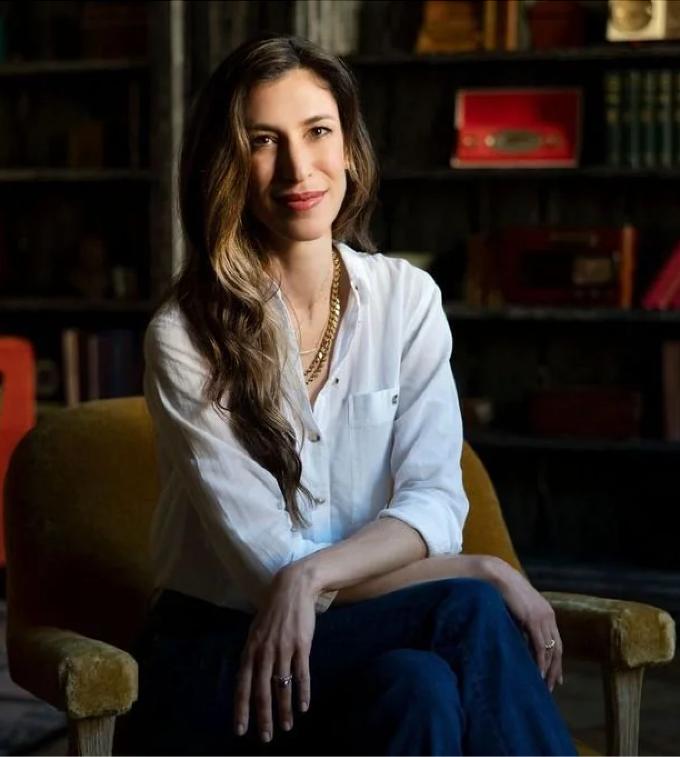
Current fears about the erosion of democracy offer an opportunity to examine the false myths of American democracy—and the psychological work required to confront and engage with their legacy.
İpek S. Burnett is a Turkish-American writer and psychologist who uses Jungian ideas to examine American democracy, violence, and innocence through a social justice lens. In this article, she suggests that American democracy is in what C. G. Jung, the Swiss psychiatrist and psychoanalyst, called individuation: “the lifelong, nonlinear journey toward self-awareness, integration, and wholeness.”
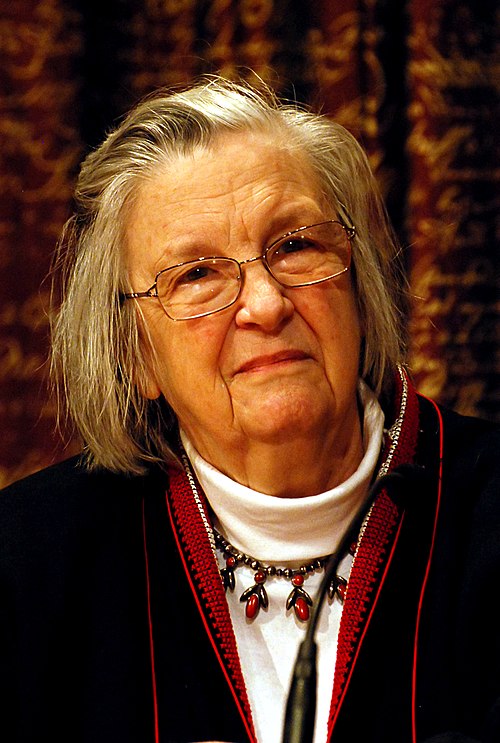
A general blueprint for how any cooperative human group can function well
Elinor Ostrom was an American political scientist and political economist best known for showing that communities can successfully manage shared resources without relying only on government or markets. Her work challenged the idea that commons inevitably collapse into a “tragedy of the commons.”
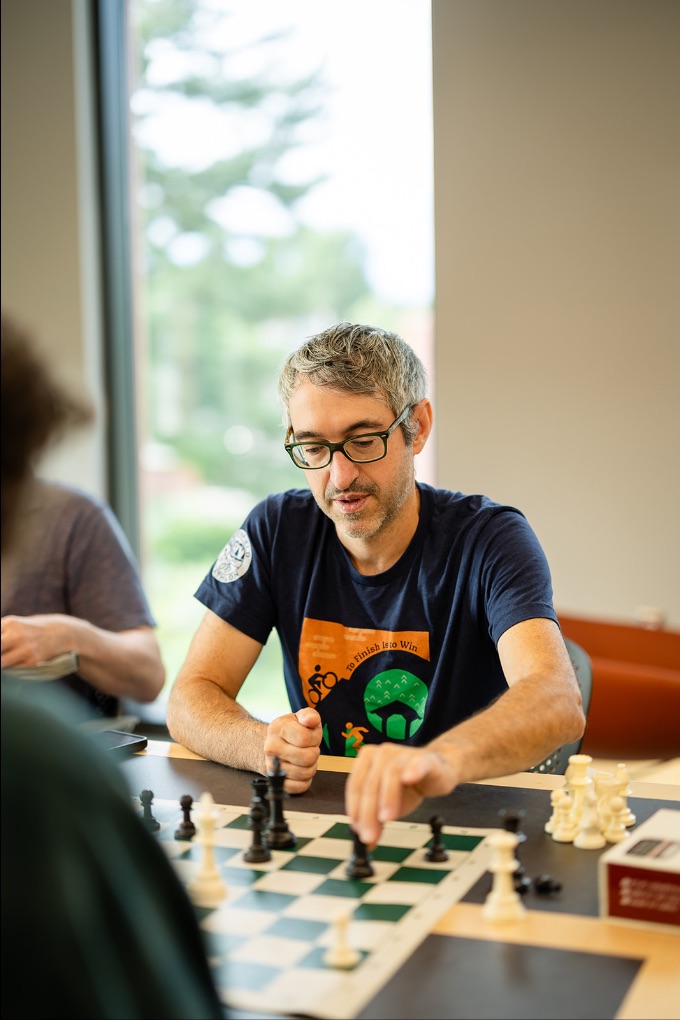
Given libraries’ unique combination of broad accessibility, civic neutrality, and deep public trust, policymakers should embed them intentionally within health and social planning frameworks.
Our city, Greenfield, Massachusetts, is the proud owner of a brand-new library right in the center of town. Since opening in 2023, visits are up more than 200 percent. Program attendance, use of study and meeting rooms, and reference and notary support have all surged. Computer use is up more than 300 percent.
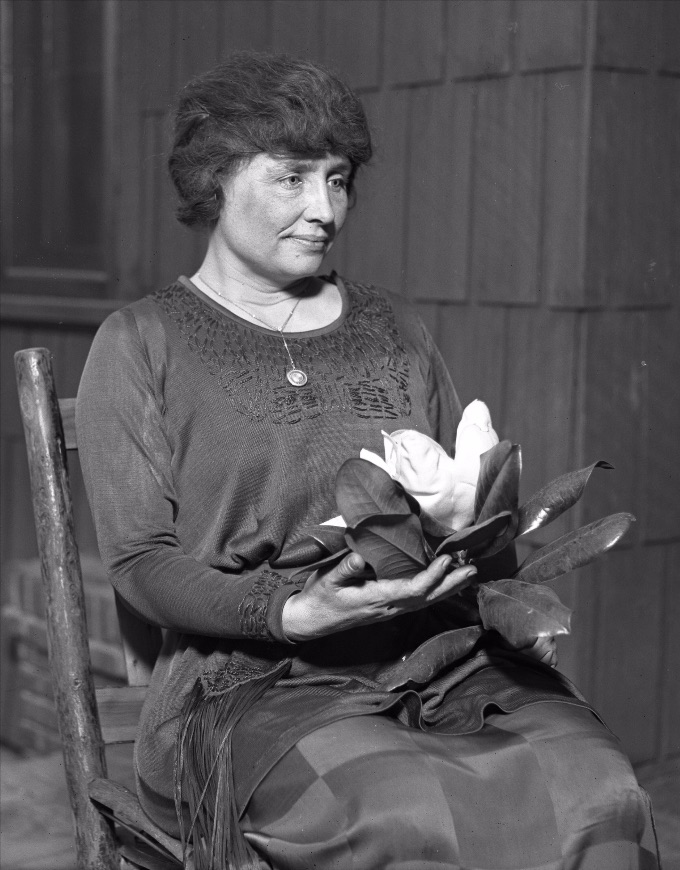
"Socialism has been as impossible to separate from the narrative of the nation’s history as the capitalist economy itself."
Michael Kazin is an American historian of U.S. politics and social movements, known for his scholarly work on the American left, populism, and the Democratic Party. In this article he observes that socialism has been a steady and shaping force in U.S. political and cultural life, even though socialist parties have rarely held significant electoral power.
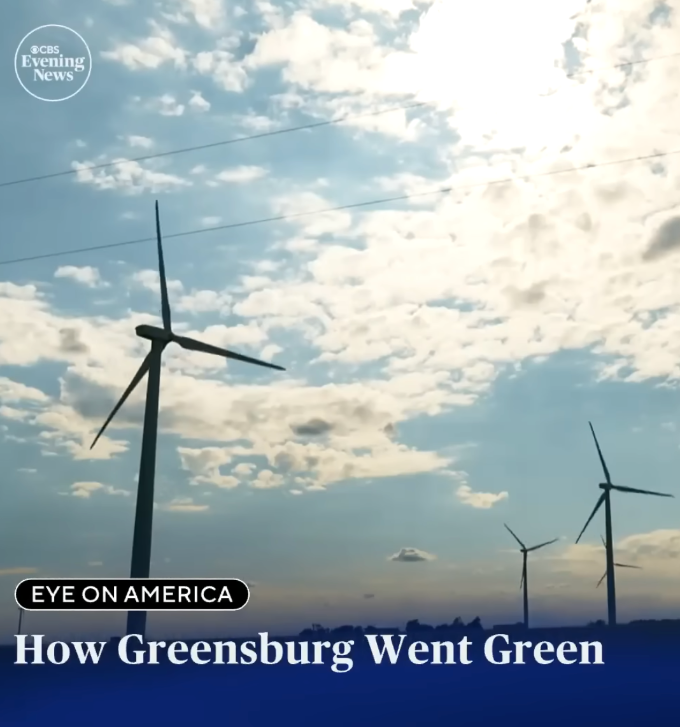
"Just keep moving forward, even if the steps are small.”
In 2007, the town of Greensburg, Kansas was nearly wiped off the map by a catastrophic EF-5 tornado. Ten people lost their lives, and the storm caused more than a quarter-billion dollars in damage.
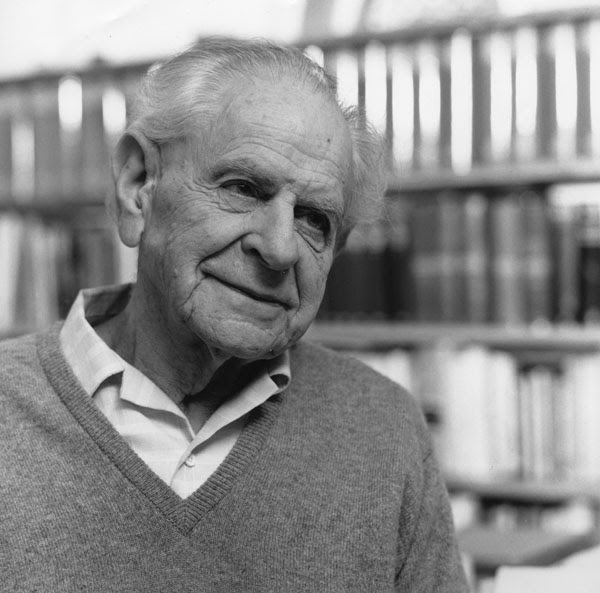
A powerful guide for defending freedom, pluralism, and rational problem-solving
Karl Popper (1902–1994) was an Austrian-British philosopher whose insights are especially relevant today. Having fled Austria in 1937 as the Nazis rose to power, he became a sharp critic of the philosophical roots of totalitarianism.
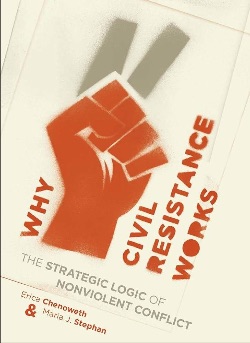
Nonviolent civil resistance is not just morally preferable—it is strategically superior for securing freedom and sustaining democracy.
Political scientists Erica Chenoweth and Maria J. Stephan have reshaped how we understand the power of ordinary people to create change and defend democracy.
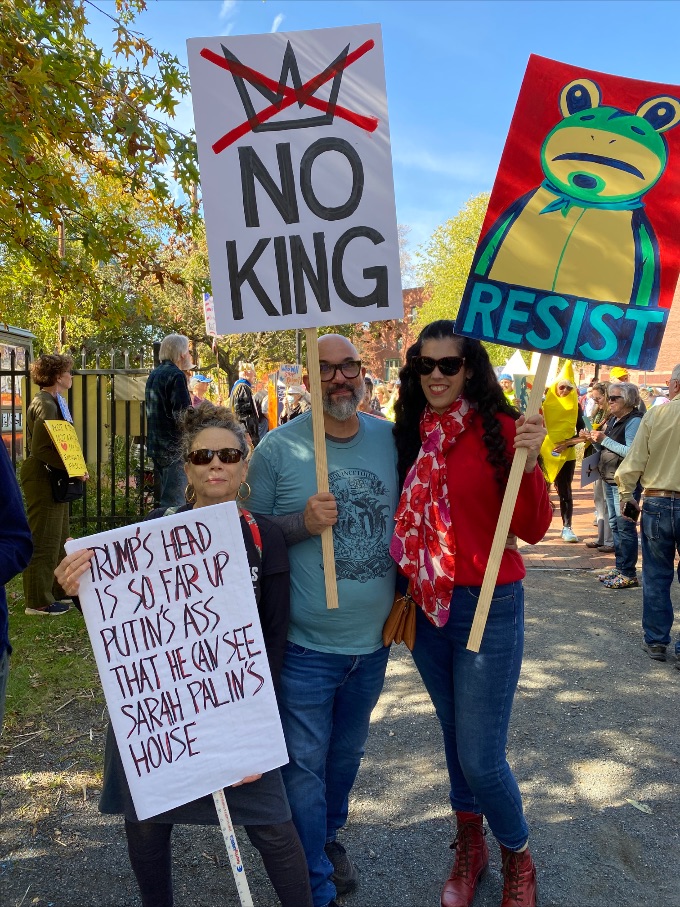
National ideals can still be organized and renewed, one neighborhood at a time.
On October 18, communities across the United States and beyond turned a day of protest into a vivid demonstration of grassroots coordination—proof that national ideals can still be organized and renewed, one neighborhood at a time.
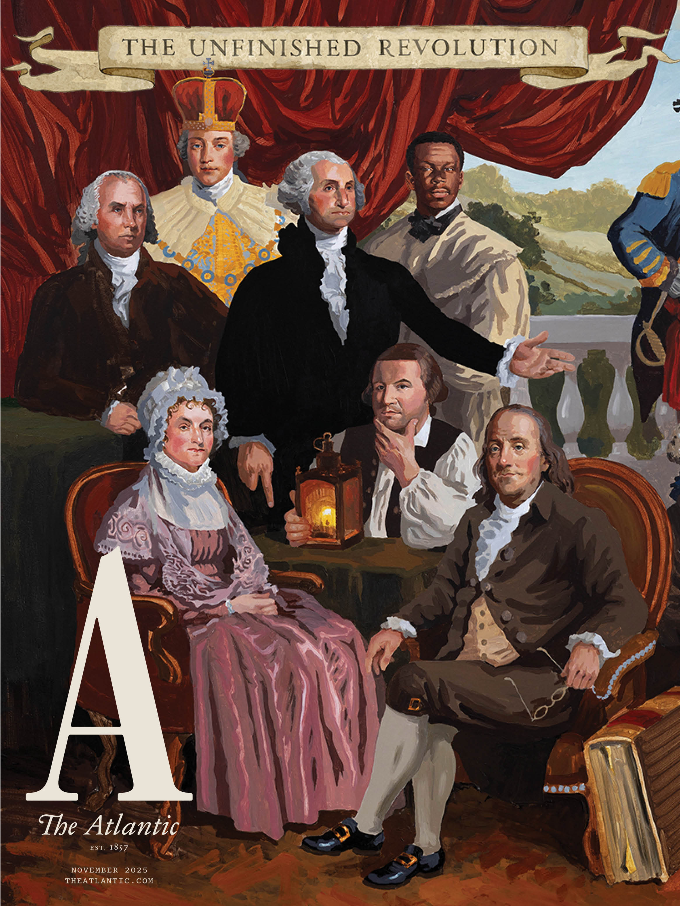
"This crisis is not about election cycles. It’s about historical tides."
The cover theme of The Atlantic’s November 2025 issue is “The Unfinished Revolution.” The editors mark the 250th anniversary of America’s founding and explore how the ideals, struggles, and unfinished business of the Revolution continue to shape the nation’s present and future.
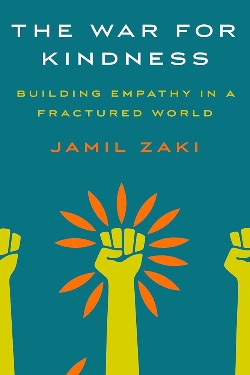
“If you wanted to design a system to break empathy, you could scarcely do better than the society we’ve created.”
Jamil Zaki is the director of the Stanford Social Neuroscience Laboratory. Concerned by the decline of empathy and kindness he saw in society—marked by rising tribalism, isolation, and growing barriers to understanding—he brought these concerns into his lab.
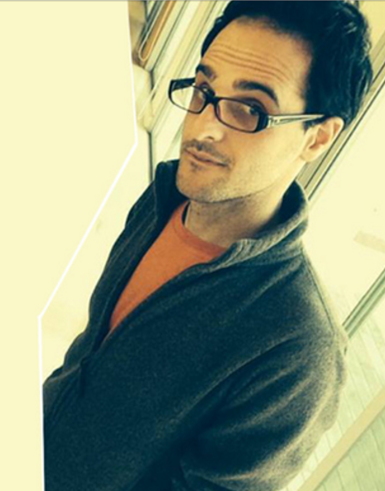
"Parties are a public service, you’re doing people a favor by throwing them."
Uri Bram has apparently spent a lot of time thinking about how people interact at gatherings. Building on personal experience, social observation, and thoughtful experimentation, he summarizes what he's learned about hosting great parties.
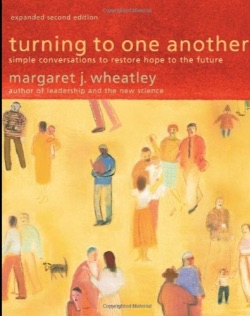
“We can change the world if we start listening to one another again.”
When Margaret J. Wheatley wrote this book in 2002, she said: “I believe we can change the world if we start listening to one another again.”She still believes this.
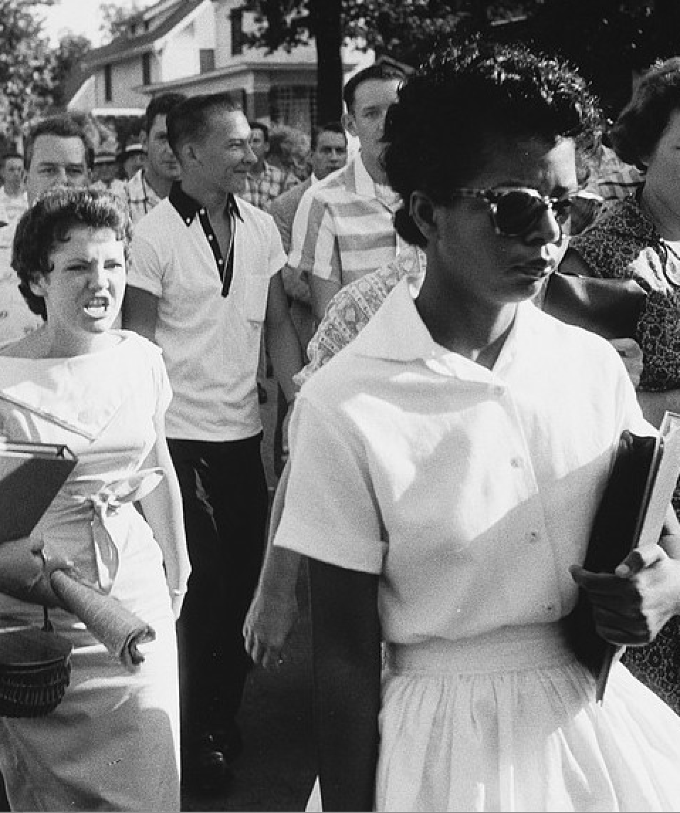
"Couldn’t we devise an education that, rather than teaching citizens not to talk to strangers, instead teaches them how to interact with them self-confidently?”
Danielle Allen suggests that for many in the South, the civil rights movement of the 1950s and 1960s was, in effect, a reconsideration of the Civil War.
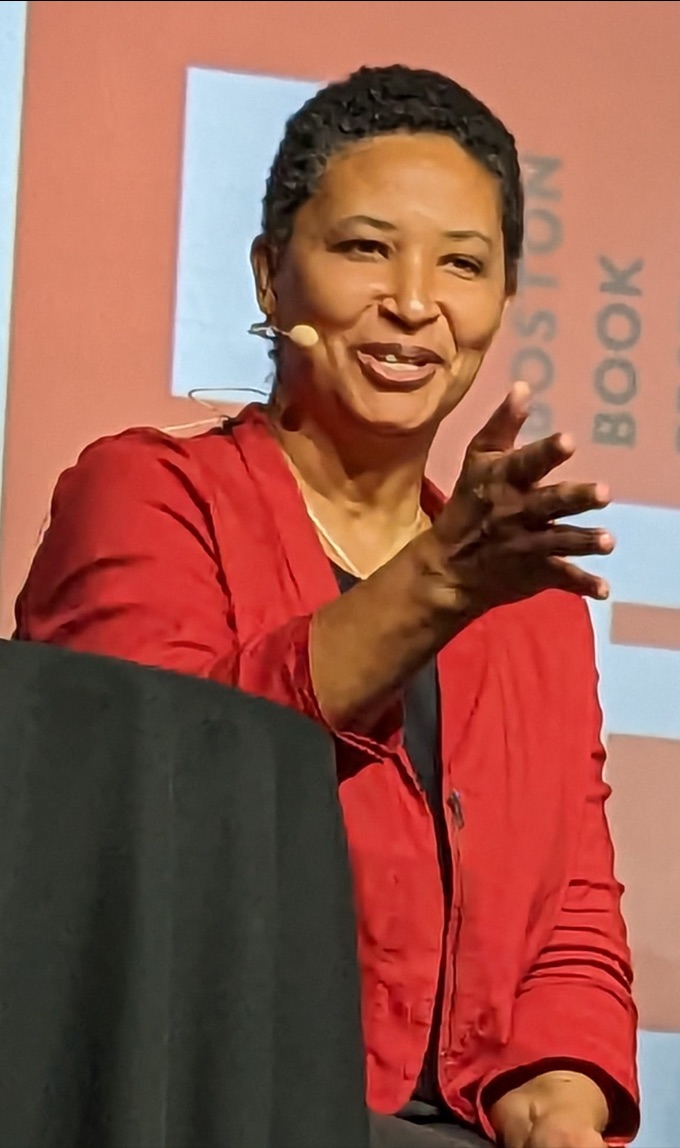
Danielle Allen says ordinary citizens need to step up.
Danielle Allen puts it plainly: democracy’s promise of freedom and equality can only be fulfilled if we show up as engaged citizens. A working democracy depends on participation, collaboration across differences, and continual renewal of our institutions.

"Supporting independent bookstores isn’t just about personal consumer choice—it’s civic engagement."
This spring, Kate Broad was six hundred miles into a two-thousand-mile road trip when her phone buzzed with the update she had been dreading.
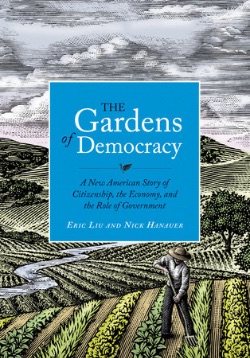
“When you are compassionate and generous, society can become compassionate and generous."
Authors Eric Liu and Nick Hanauer have an idea about what has caused the cesspool that is contemporary politics, and they've got an idea about how to make it better.
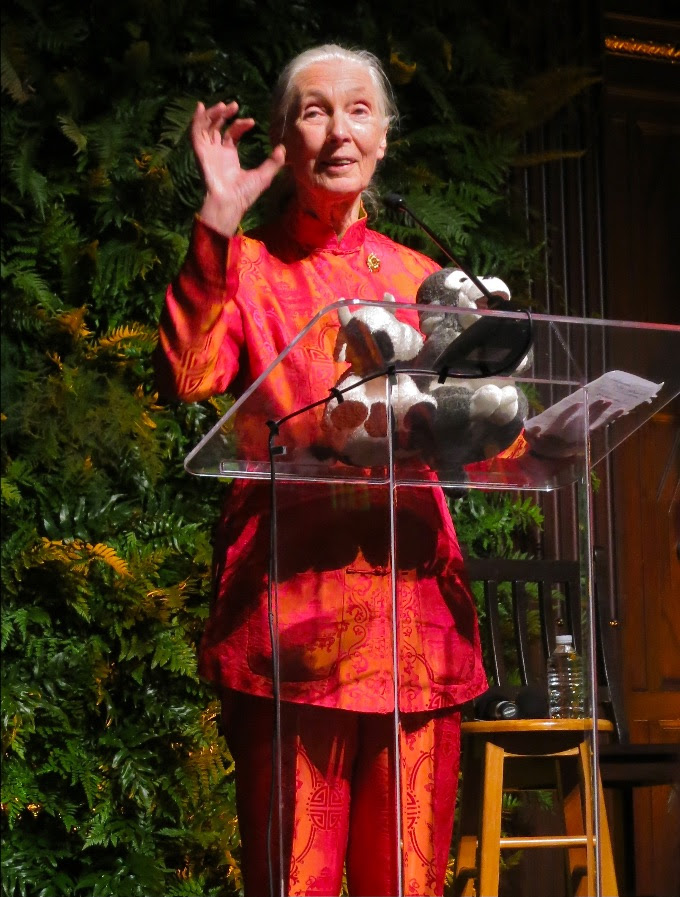
"We have huge power, we of the affluent societies, we who are causing the most environmental damage."
Jane Goodall warns that the greatest threat to our shared future is apathy. She is especially concerned about those with the means to act who instead choose inaction. While it’s easy to feel small as one person among billions, she insists that each of us can make a difference—by replacing apathy with hope and action.
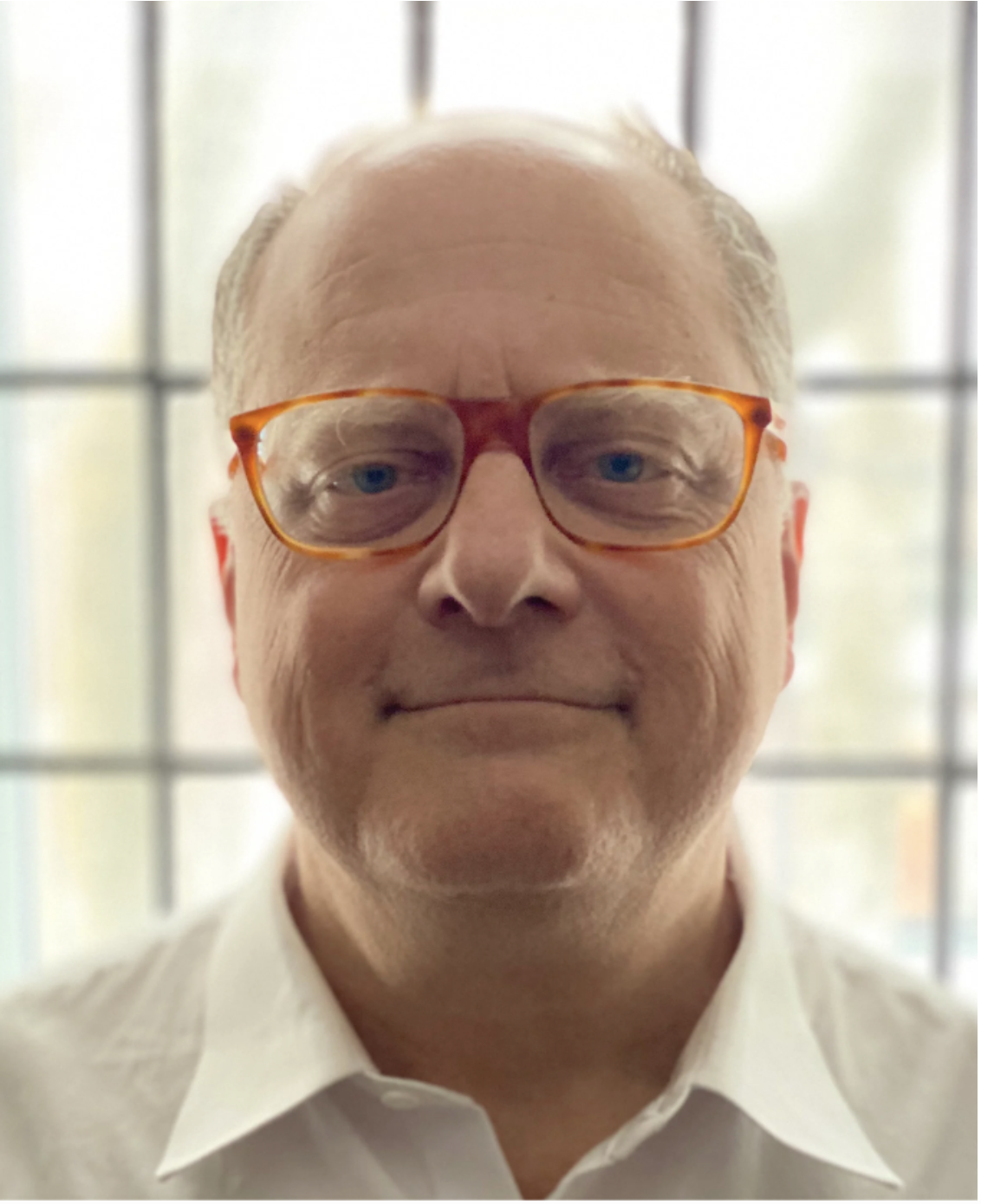
Creating stories about what might happen in order to shape and change the future, not simply to predict or adapt to it
I first met Adam Kahane in 2012, the same year he published his book Transformative Scenario Planning. Unlike traditional scenario planning, which focuses primarily on prediction and adaptation, Kahane’s approach uses the process not merely to understand the future but to actively shape it.
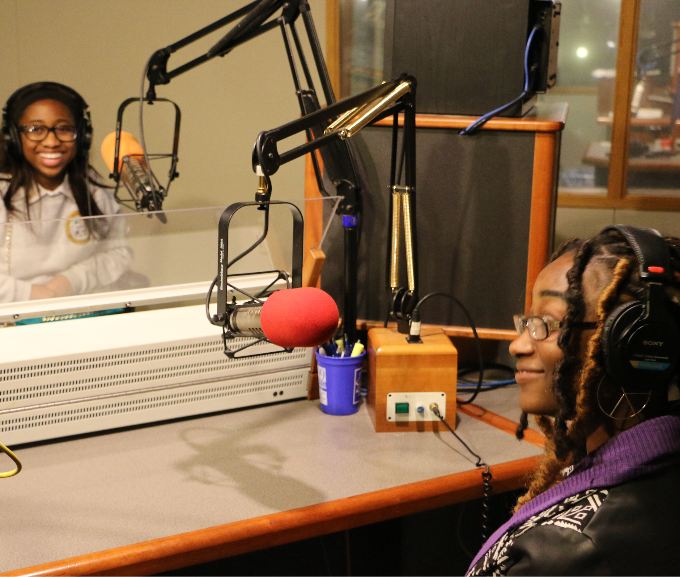
Empowering communities through reliable and impactful information
Many U.S. communities—especially marginalized ones—lack access to reliable, relevant news. These “news deserts” leave people invisible to mainstream media. Even where local journalism exists, it often overlooks diverse voices vital to civic life.
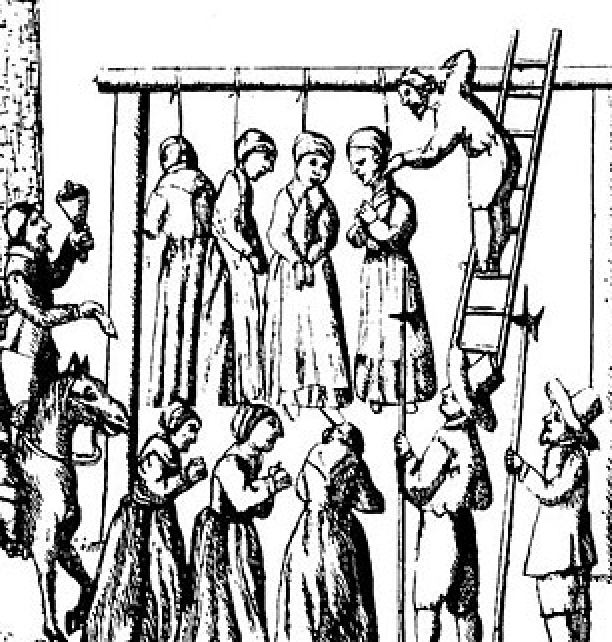
Striking parallels link witch-hunt falsehoods to today’s online misinformation.
Julie Walsh says that we have been here before. Writing in The Conversation, she draws stark parallels between the witch hunts in early modern Europe (1400–1780) and today’s misinformation crisis on social media. Both were fueled by new media technologies—the printing press then, social platforms now—that enabled rapid spread of sensational and harmful content.
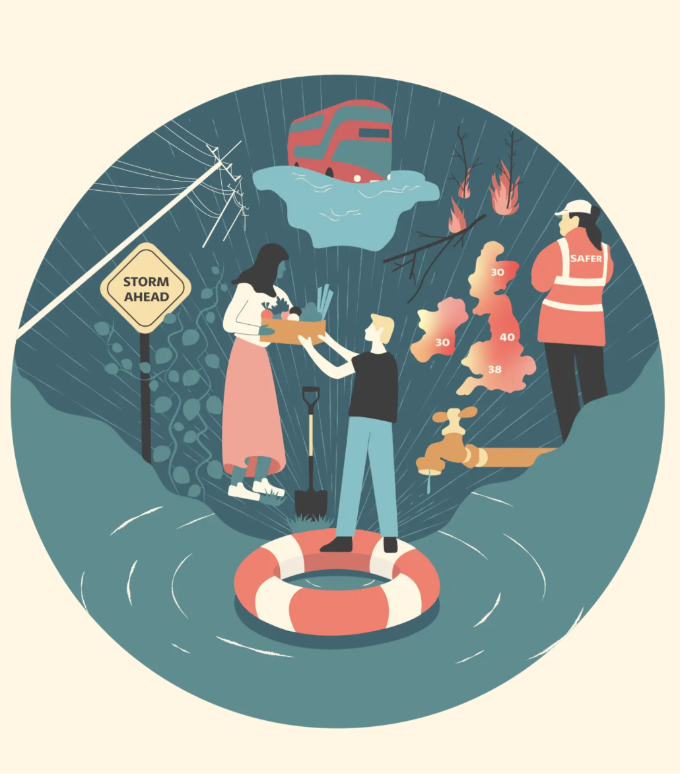
What if they gave a war and nobody came?
Billions now see that our political and economic systems can’t stop the climate chaos already underway. Richard Heinberg, Senior Fellow at the Post Carbon Institute, says this is a moment for people to drop their "us vs. them" attitudes, because we share these risks. It would be harder to stoke homicidal zeal, he says, if everyone understood that behind all our hostilities is the simple, though stark, reality that humanity faces climate change and resource depletion.
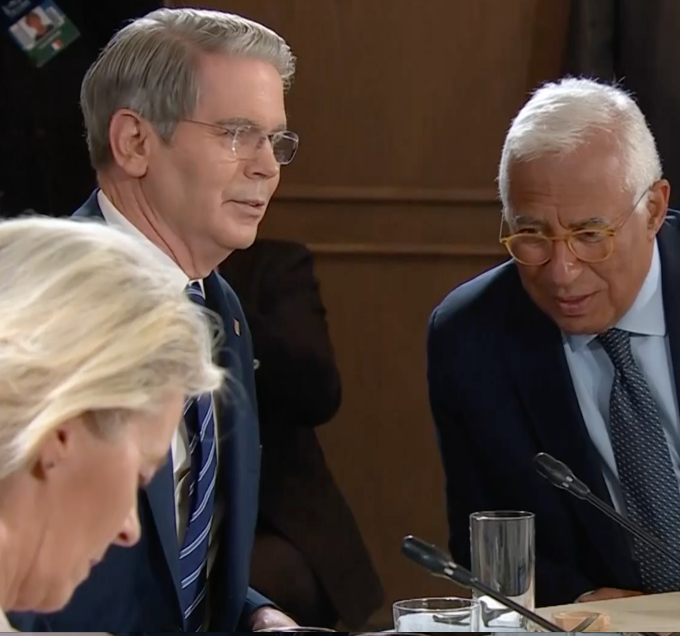
What if the true purpose of governance was not control—but connection?
File this under utopian thinking. Michael Paredrakos, a self-described “dyslexic 360-degree brand and communication strategy consultant,” shares a sweet and compelling vision of a government built on care, trust, and relationships. It’s a clear break from politics as usual.
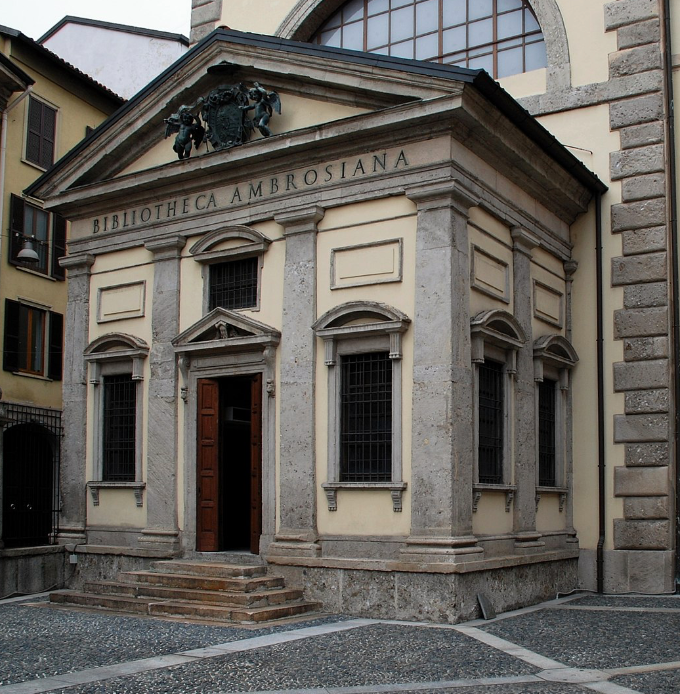
The library’s enduring role in cultural and civic life
Anthony Grafton is a historian and scholar of early modern Europe. A tireless advocate for the humanities, his research deepens our understanding of how learning, scholarship, and historical awareness have evolved in the West.
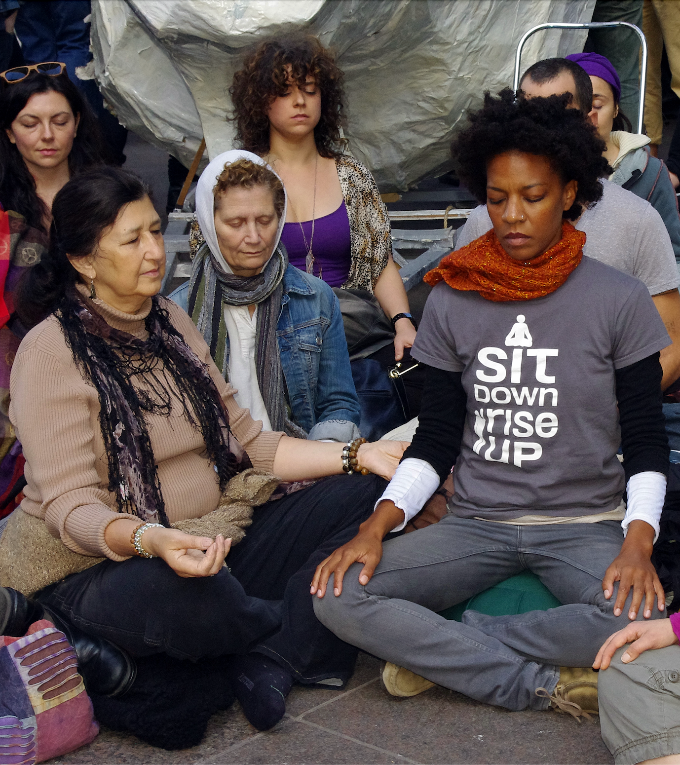
How mindfulness can support deeper engagement with civic and social challenges
Pavel Chvykov is an interdisciplinary researcher with a background in physics, complexity science, artificial intelligence, and the theoretical foundations of mindfulness. His work explores how complex systems and patterns emerge in both natural and human-made networks. In this article, he traces the evolution of mindfulness from its Buddhist origins in sati—a holistic practice of awareness and ethical discernment—to its present-day form as a secular tool for stress reduction.
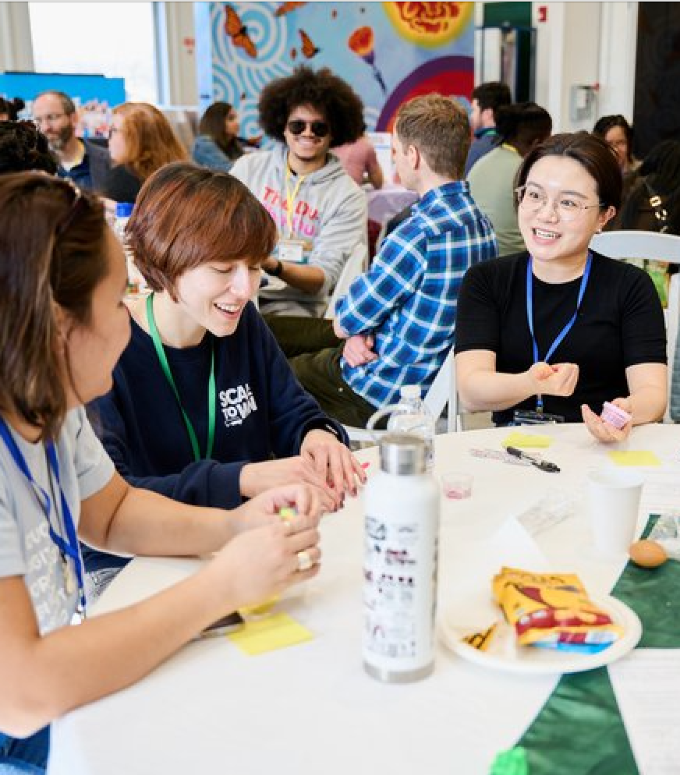
"The future is the sum of the changes we demand, the courage we display, and how we stand with and for each other."
Both democracy and dictatorship rely on people working together. But collaboration often feels like a lot of effort, so many people avoid it. Yet studies in psychology show that when people receive positive messages about belonging—about who’s included in a group or space—difficult tasks can feel more manageable.
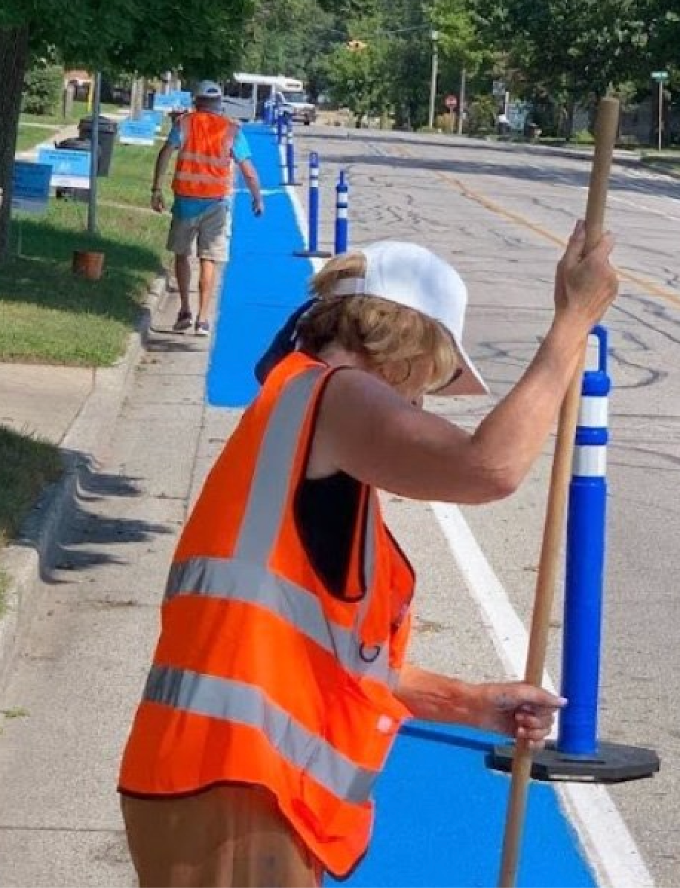
Sometimes the easiest way to start a very large endeavor is with a small one first.
I saw a bumper sticker recently that said, “The good thing about things being so fucked up is that there’s plenty to do.” But how? When the national government is actively working against intelligent learning and cooperation, where do you even start?
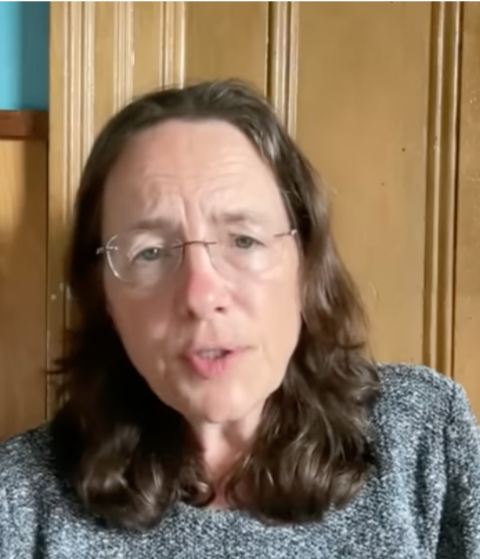
"This is also a time of extraordinary possibility."
This week, Heather Cox Richardson posted a video in which she acknowledges that Americans have good reasons to be feeling freaked out by presidential and Supreme Court overreach. But importantly, she urges people not to feel powerless.
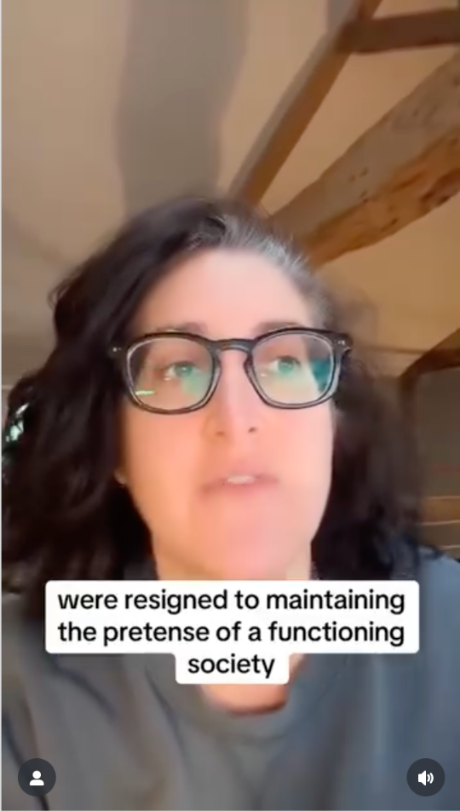
That sensation that everything seems broken but feels strangely normal? It has a name.
Ernst Bloch warned that the most profound loss under fascism is not material or even psychological security, but the erosion of imaginative hope—the ability to envision a different, better reality.
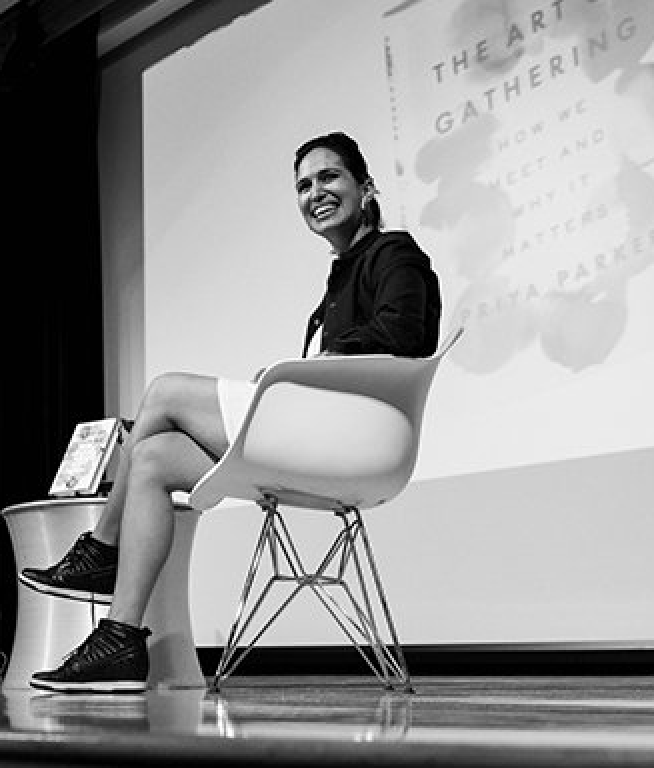
Six ways to host a gathering that you'd want to attend
Regular readers know that one of the inspirations behind this letter is one of Austin Kleon's maxims: draw the art you want to see, make the music you want to hear, write the books you want to read.

A visual exploration of how a critical piece of social infrastructure came to be.
It won’t surprise you to learn that the first libraries were for white men only—and that their eventual spread and democratization was driven largely by the tireless efforts of women.

“Bad libraries build collections, good libraries build services, great libraries build communities.”
When Nicola Heath applied for her first library job, she assumed libraries were mainly about lending books.
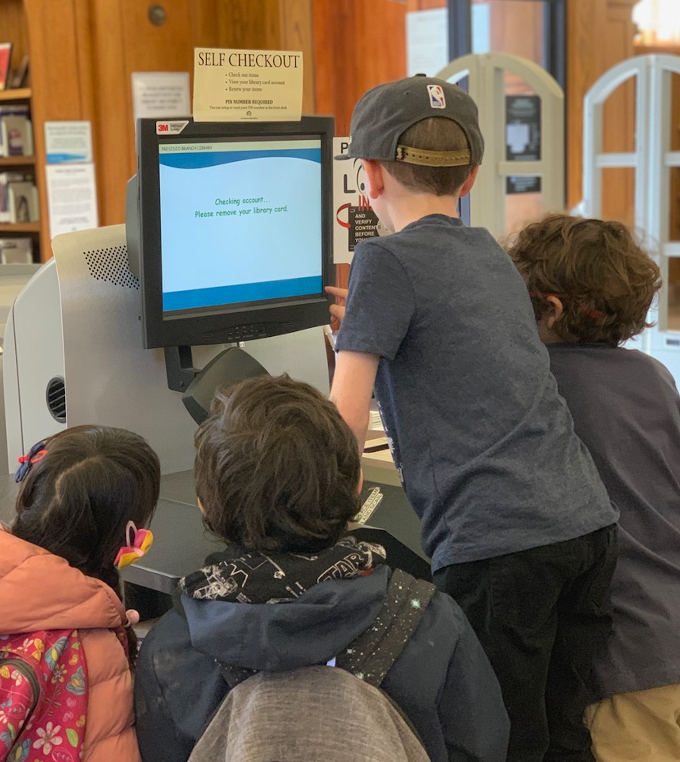
A civic institution where everything is free and the doors are open to all
And speaking of defending libraries, Free For All: The Public Library is a feature-length documentary from PBS’s Independent Lens series that explores the history, significance, and current challenges facing America’s public libraries.
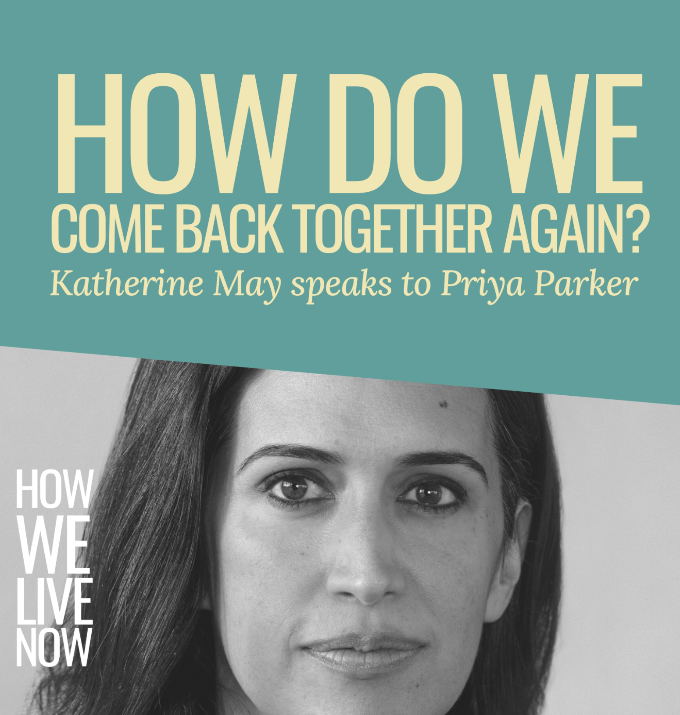
The unseen architecture of how we gather and host
Katherine May, author of, Wintering: The Power of Rest and Retreat in Difficult Times, is known for gently affirming our need to slow down, to feel, and to turn inward when the world wants speed instead.
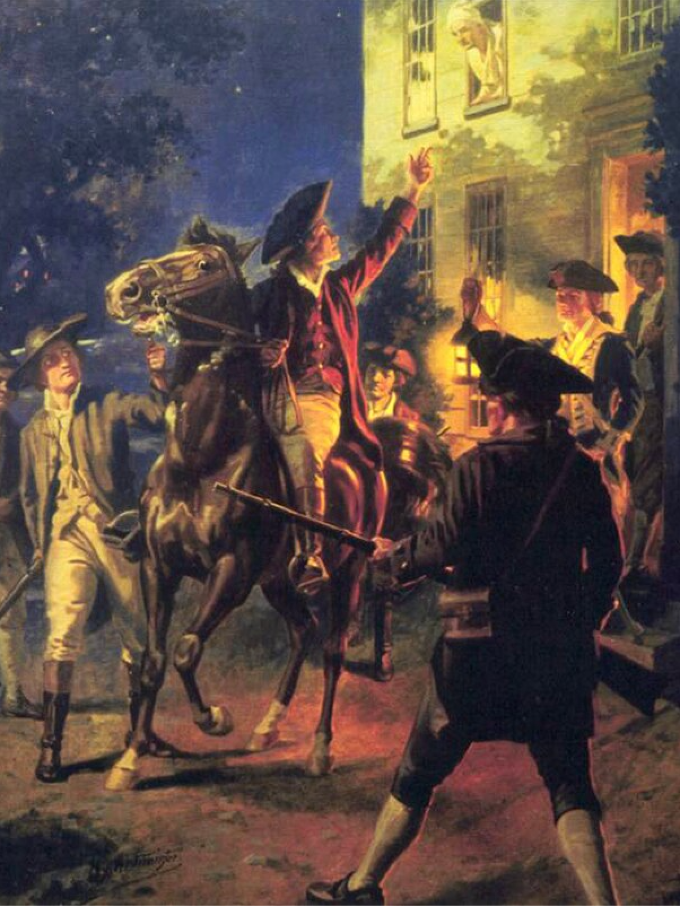
'Most of us will be lost to history, but we will, nonetheless, move the story forward, even if just a little bit.'
Last week Heather Cox Richardson spoke at Boston’s Old North Church on the 250th anniversary of the lighting of lanterns in the church’s steeple to warn colonial patriots of British troop movements.
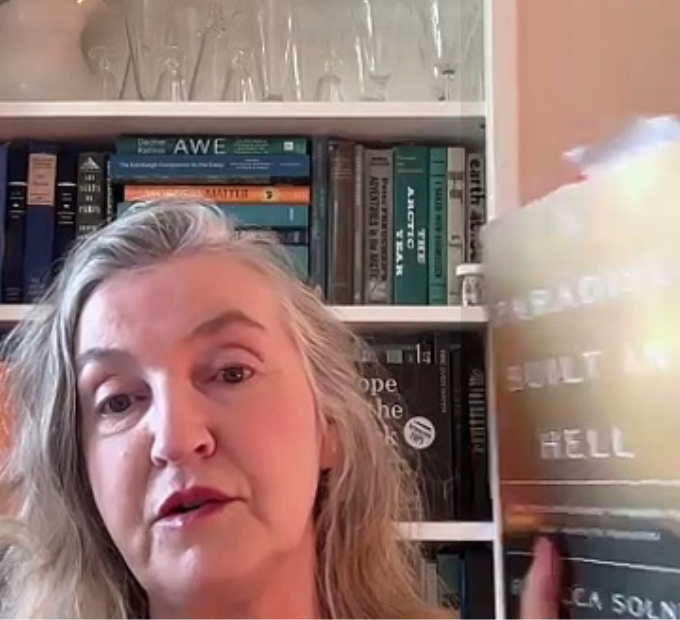
'The only meaningful answer is to work even harder for a world of radical equality.'
Last month writer, historian and activist, Rebecca Solnit participated in a Zoom panel titled We Are Not Who They Told Us We Are: Everyday People in Extraordinary Times.

'Maybe the main reward of trying to do things differently is giving encouragement to others that they can create the possibilities they see.'
Around 50 people, with a span of seventy years between the youngest and the oldest, call Cobb Hill CoHousing home.
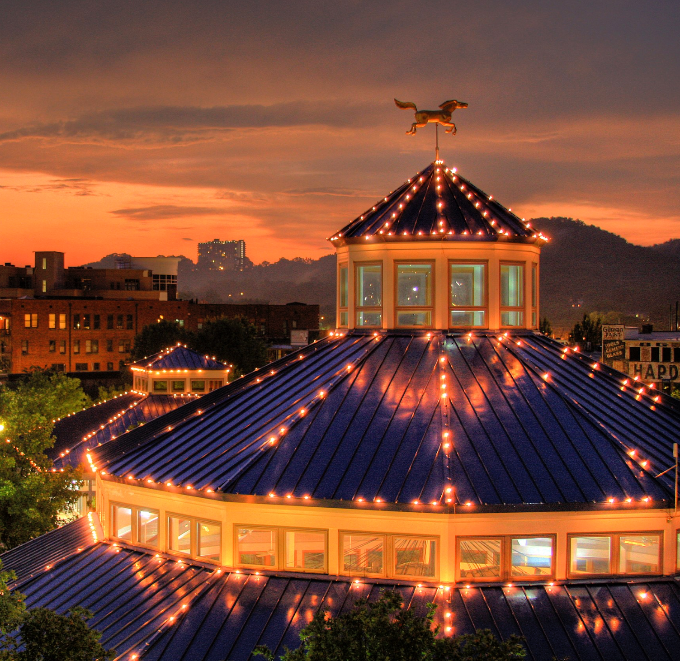
'A shared vision and journey for a better life'
Chattanooga, Tennessee, has been named North America’s first National Park City by the National Park City Foundation—an honor that celebrates the city’s decades-long transformation from one of the most polluted places in the U.S. in the 1970s to a vibrant hub for outdoor recreation and cultural life.
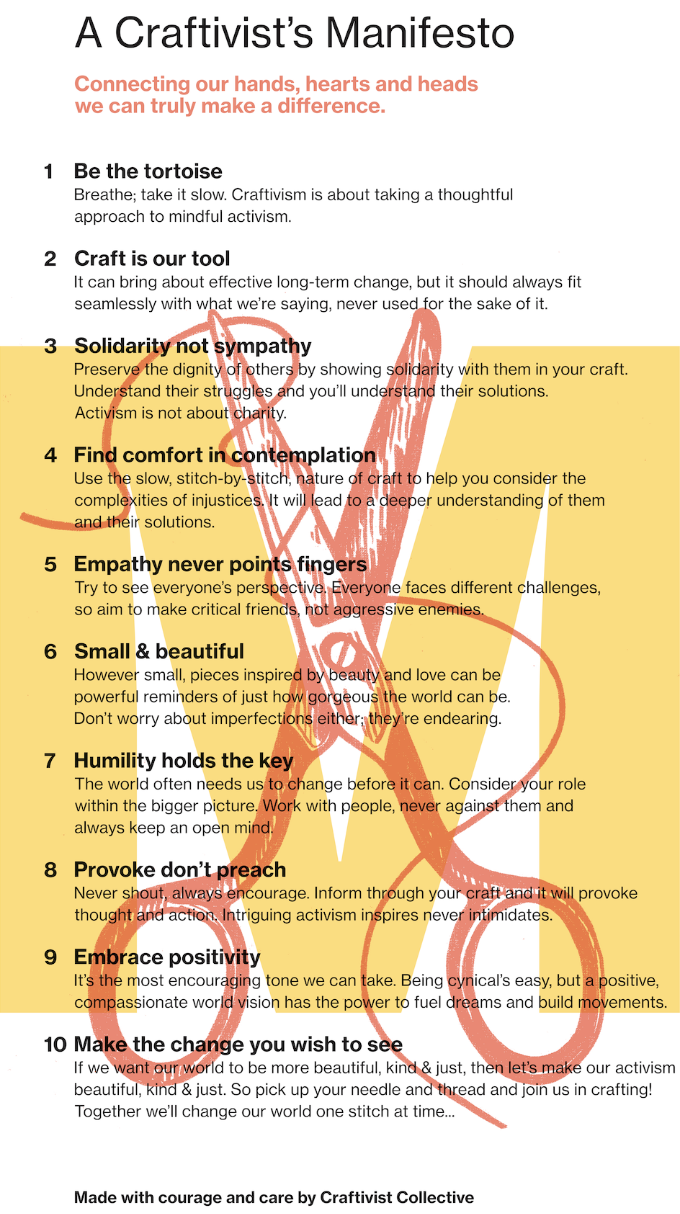
"If we want our world to be a more beautiful, fair and kind place, then, shouldn't our activism be more beautiful, fair and kind?"
Sarah Corbett was born into an activist family. She began campaigning at a young age and later worked for organizations such as Oxfam GB.
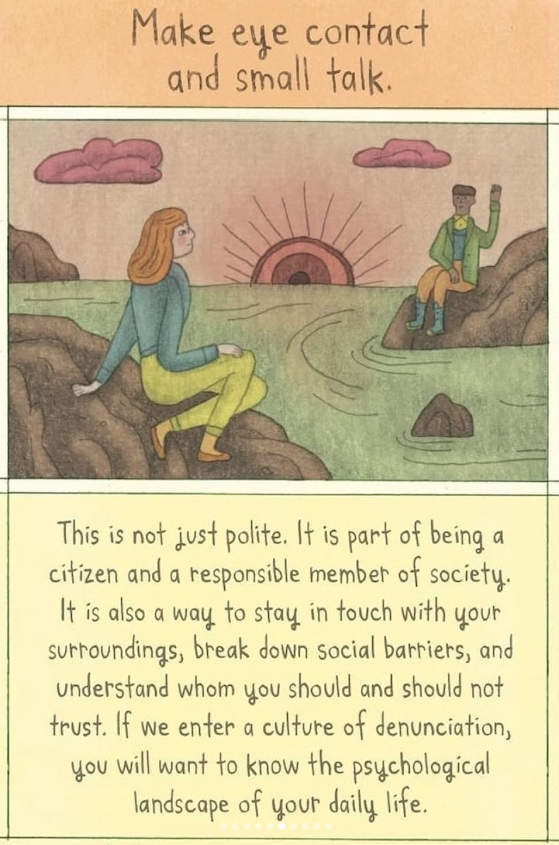
Surviving and resisting America’s arc toward authoritarianism, illustrated
Timothy Snyder’s New York Times bestseller On Tyranny is the book we wish we didn’t need to read. In it he examines some of the darkest moments of twentieth-century history, from Nazism to Communism, to distill twenty lessons on resisting modern-day authoritarianism.
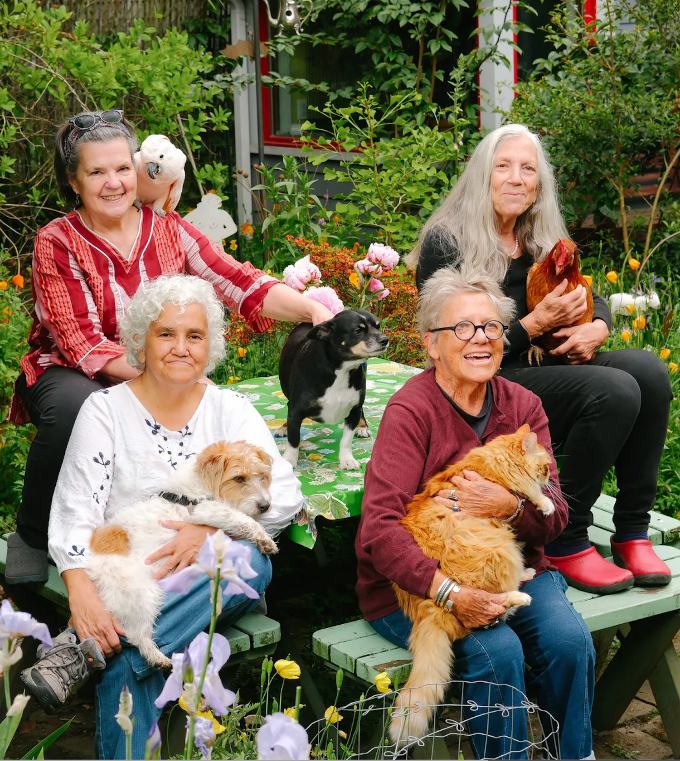
“Communal eating is the beating heart of coliving.'
In 1970, a New York Times investigation into the “commune phenomenon” identified nearly 2,000 groups living together, “seeking economic advantages, social revolution, love, pot, God, or themselves.” More than 50 years later, people continue to come together to redefine success beyond conventional individualism.
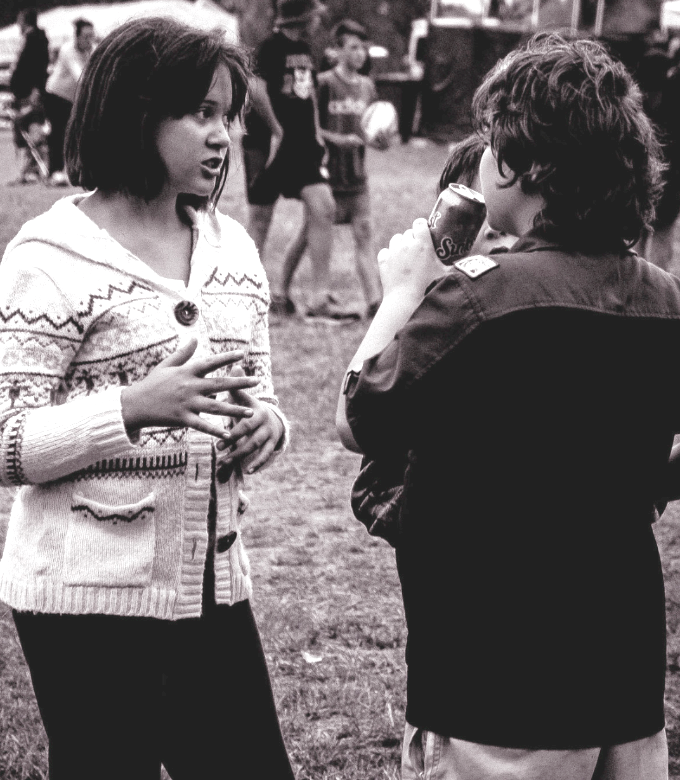
How adolescent experiences with parents and peers affect the next generation's development
Researchers at the University of Virginia have been studying the development and intergenerational transmission of empathy. Over 25 years, they tracked 184 adolescents from age 13 into their 30s. Their findings suggest that when parents demonstrate empathy toward their teenagers, it helps foster empathy in their children.
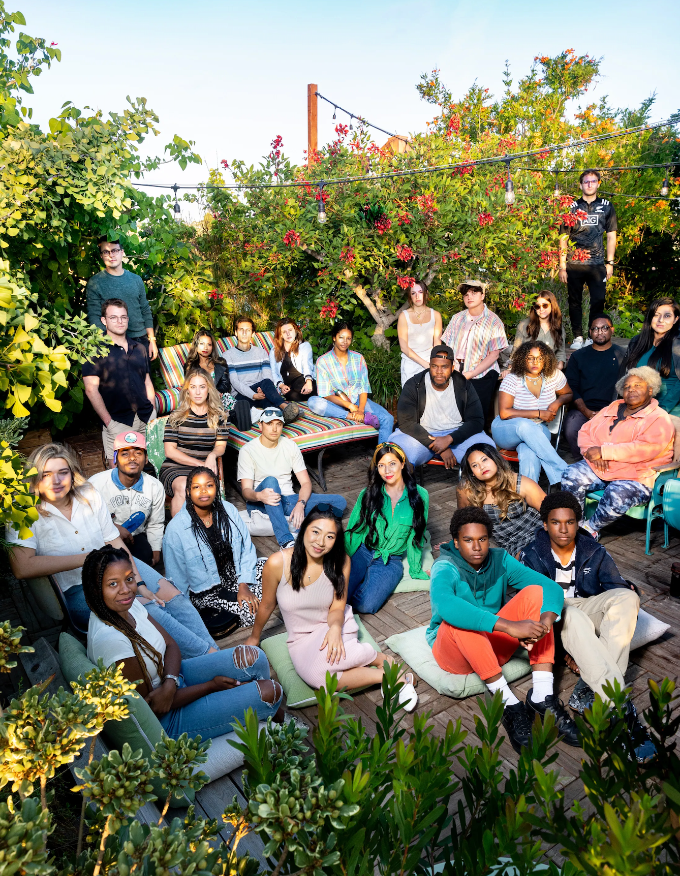
A model for living that could offer insights into fostering togetherness in larger society.
A co-living space in Los Angeles exemplifies a growing trend in the U.S.. To combat isolation people are forming diverse communities where residents share both living spaces and experiences.
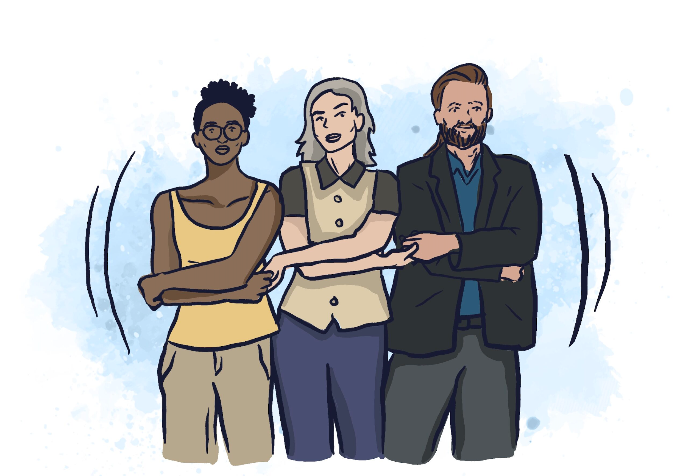
Here are some starting points on how to orient and help fight the coup.
"There is a Jewish teaching that says that you are not responsible for completing the work, nor are you allowed to desist from it. We will succeed because millions of people do a couple things well, not because one person does a million things."

'There is a very important distinction between what they’re trying to do and what they’ll succeed in doing, between what they’ve launched a war against and the outcome of that war.'
The quote in the headline comes from Rebecca Solnit’s Hope in the Dark. She echoes the first lesson Timothy Snyder presents in On Tyranny: Twenty Lessons from the Twentieth Century: “Do not obey in advance.”
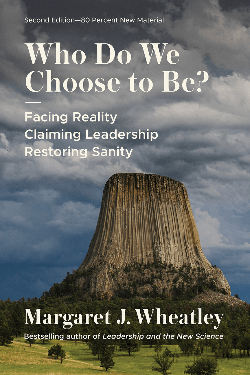
In this world we do not understand, how do we know what to do?
The first edition of this book was dedicated to Pema Chödrön, the Buddhist teacher who emphasizes that peace and resilience are found by facing and embracing life exactly as it is.
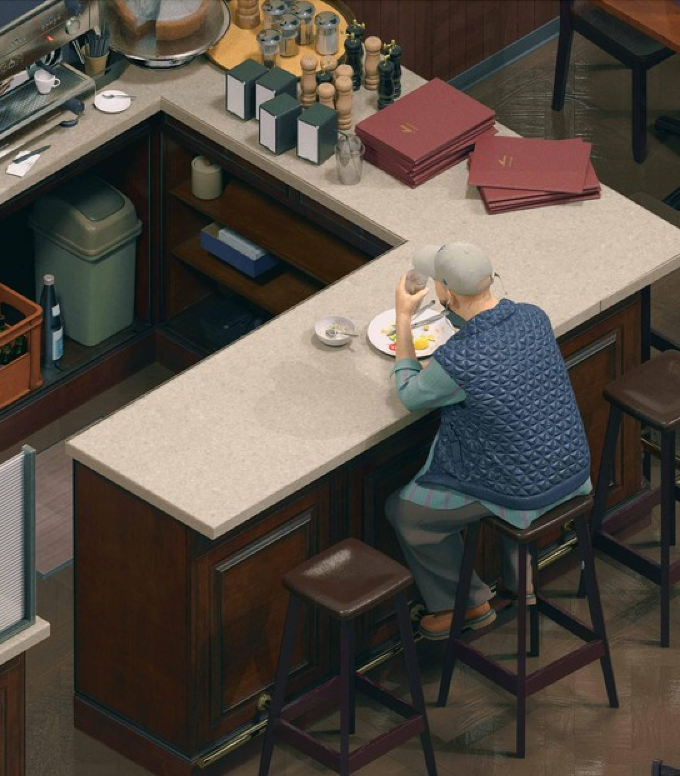
Americans are now spending more time alone than ever. It’s changing our personalities, our politics, and even our relationship to reality.
This article by Derek Thompson for The Atlantic highlights a sobering reality: Americans are spending more time alone now than at any other point for which reliable data exists, dating back to 1965.
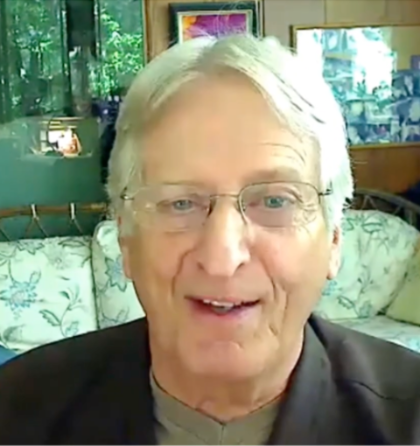
This idea reminds me of the healing energy that is conjured in 12-step rooms.
John Bell is a Buddhist Dharma Teacher. After the November election he named these three interrelated currents that he hasn't heard discussed by the mainstream media:
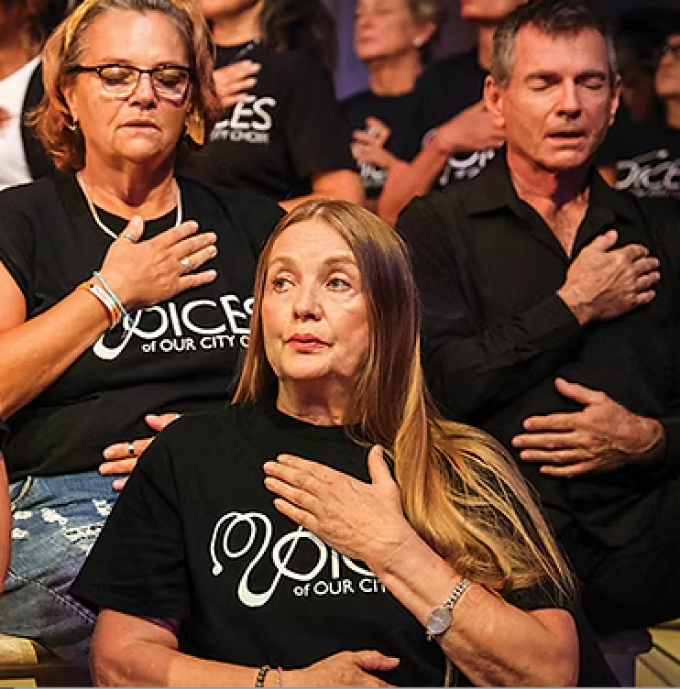
Unhoused people want to be housed. They want to be seen. They want to be heard. This choir gives them the mic.
Voices of Our City amplifies the voices of people impacted by homelessness through music and the arts.
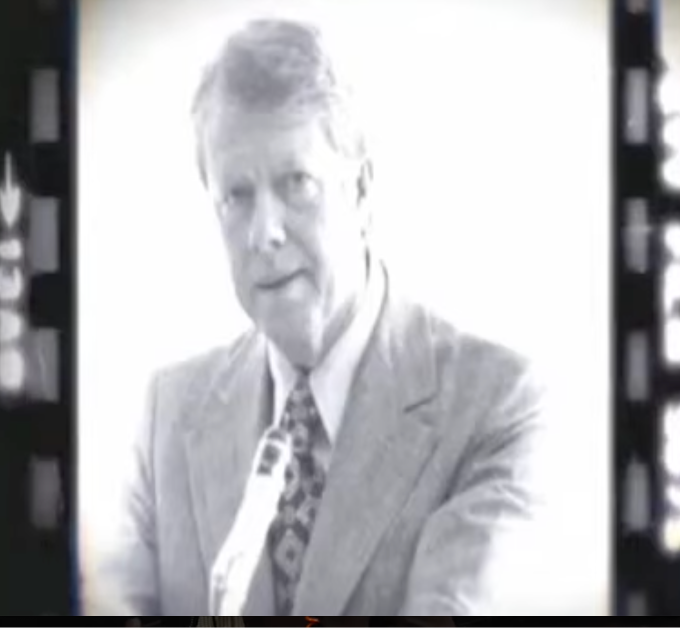
The day that Jimmy Carter changed Hunter S. Thompson's mind
In May 1974, Hunter S. Thompson was covering Senator Edward M. Kennedy as the senator gathered support for what many believed would be his upcoming presidential campaign.
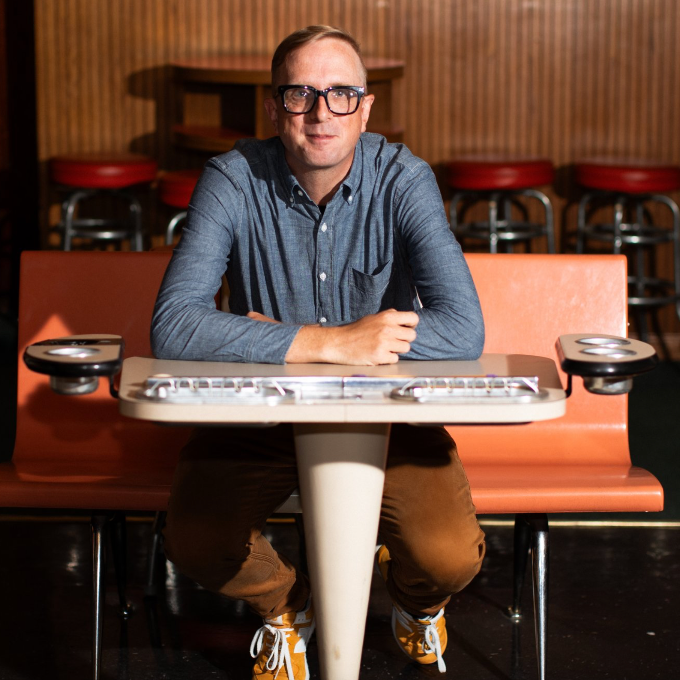
'At the core of our shared sadness and rage is a longing for a better world for all of us.'
Processing and holding my own grief about the election inevitably leads to repeatedly saying, “I can’t believe that people voted for him.” Garret Bucks assures me that this is a reasonable lamentation, a natural expression of grief.
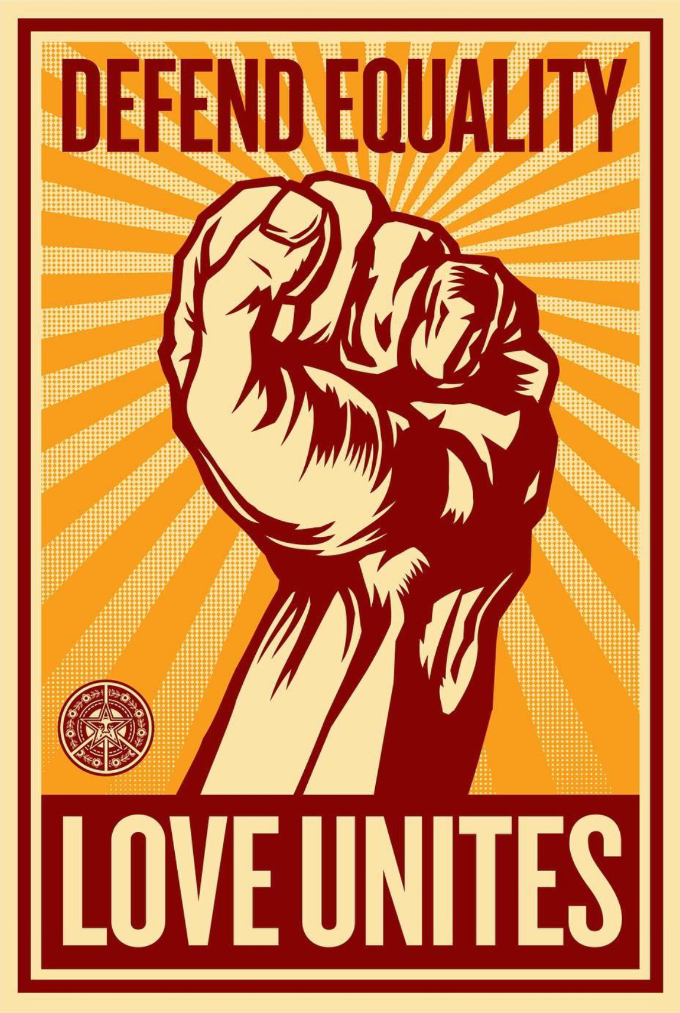
Art is a mirror to society. Artists and illustrators are holding up their view of the election results.
Some might find it unproductive to dwell on the doom and gloom, but for many of the artists interviewed for this story, there is value in sitting with all of these feelings and capturing the mood of this moment before creating calls for action.
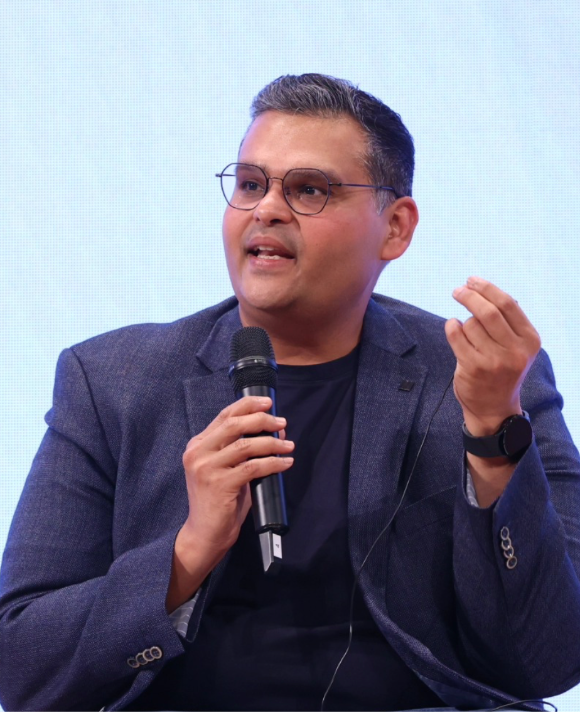
'It doesn't mean that you have lost. It means that you have work to do.'
As somebody who has lived in, negotiated with, been persecuted by authoritarian governments, here are four things to set as a reminder against the onset of despair; remembering over and over again that despair is the privilege of those who can afford it...."
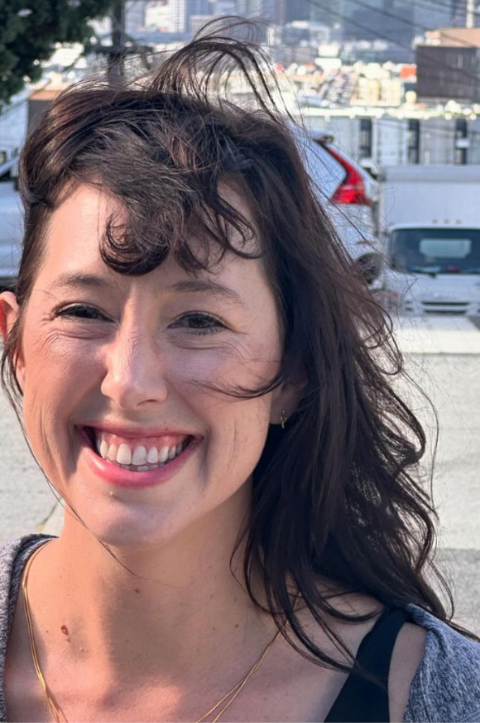
There is only one America, and we’re all still living in it.
This week Liz Lenz challenged the notion of a strict red-blue political divide in America, noting instead that such divisions are exaggerated and largely shaped by socioeconomic factors, particularly wealth.
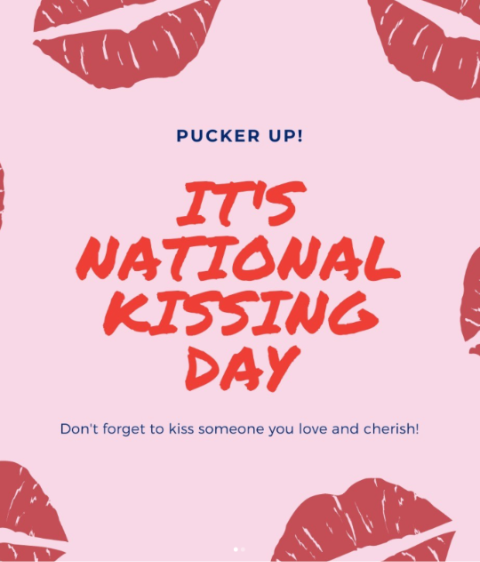
'What’s a better antidote for anxiety, than empowering youth with pleasure-centric tools and resources that allow them to reclaim control of their bodily autonomy?'
With a new school year in full swing and elections around the corner, it’s only normal that we’re feeling anxious about what could happen this fall.
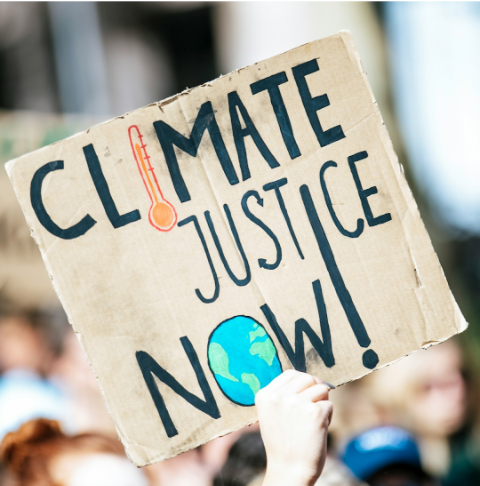
In an increasingly fragmented landscape, young people are adamantly fighting for the world they want.
"Gen Z is known for channeling personal passions into social and environmental causes, holding a high standard for taking care of our people and the earth."
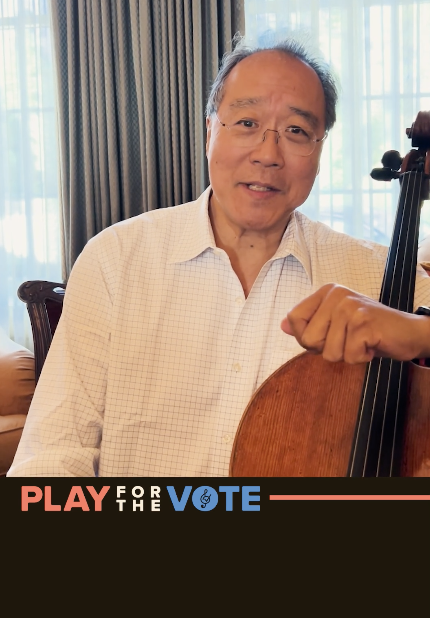
'Music has a unique ability to bring people together, create shared experiences, and remind us of our collective purpose as citizens in a democracy.'
By placing musicians at polling locations across the country on Election Day, we aim to make voting a celebration of democracy, encouraging more people to participate in the electoral process.
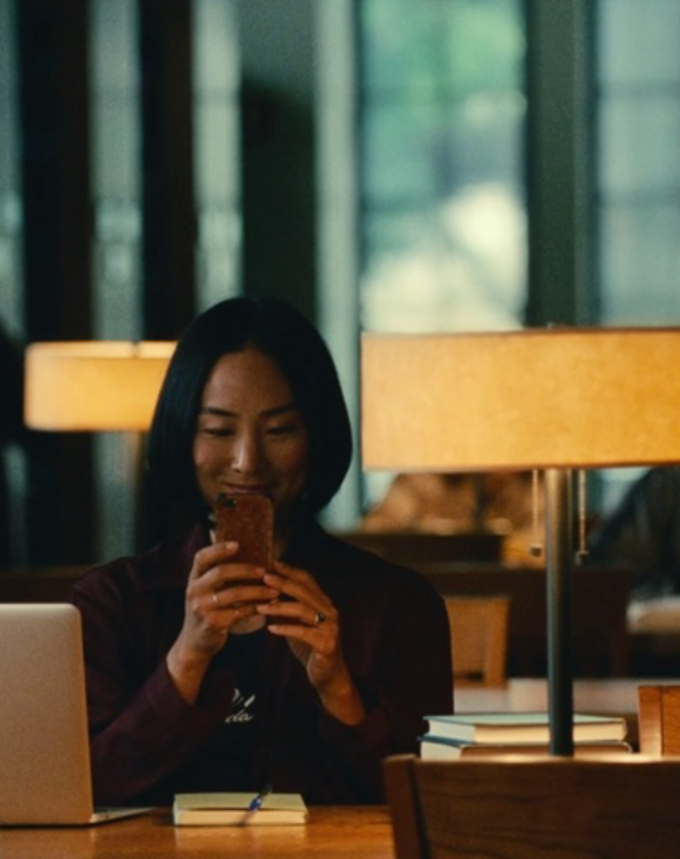
Regular users of public libraries also go to church, frequent bookstores and tend to vote Democratic.
"Top library users — those most likely to visit at least monthly — include adults under age 30, folks who attend religious services at least once a month and Democrats."
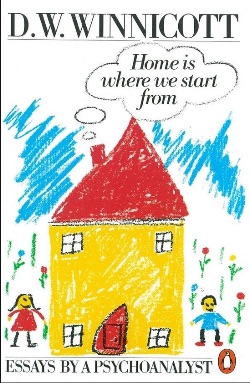
The full realization of democracy is rooted in our psychological experience as individuals.
This week the always insightful Maria Popova posted an article that speaks to the societal tension that we are experiencing in America today.
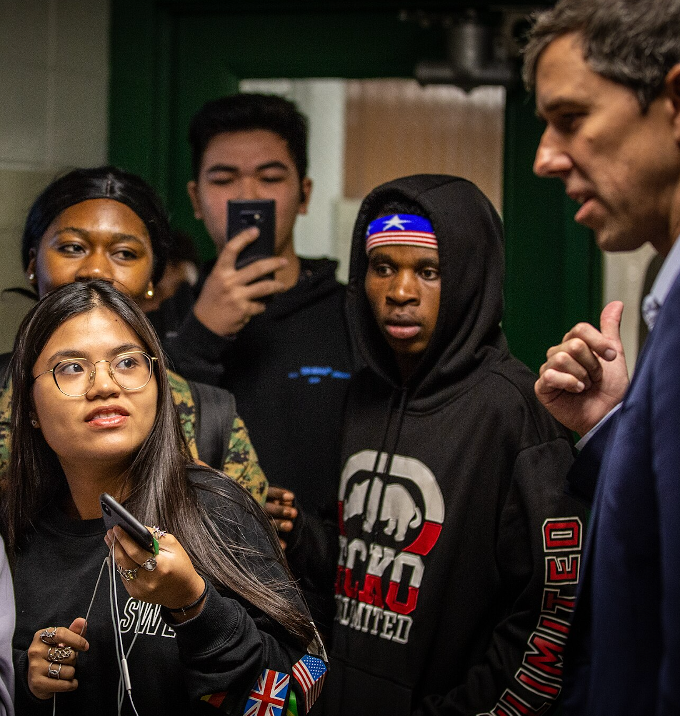
Democratic backsliding in the United States and around the world highlights an urgent need for a renewed focus on civic education.
Multiple studies have shown that younger Americans are losing faith in democracy, and a significant number of them are no longer convinced that it should endure, given the political failure to address issues that they care about....This aligns with broader findings that show public confidence in the federal government has been low for decades."
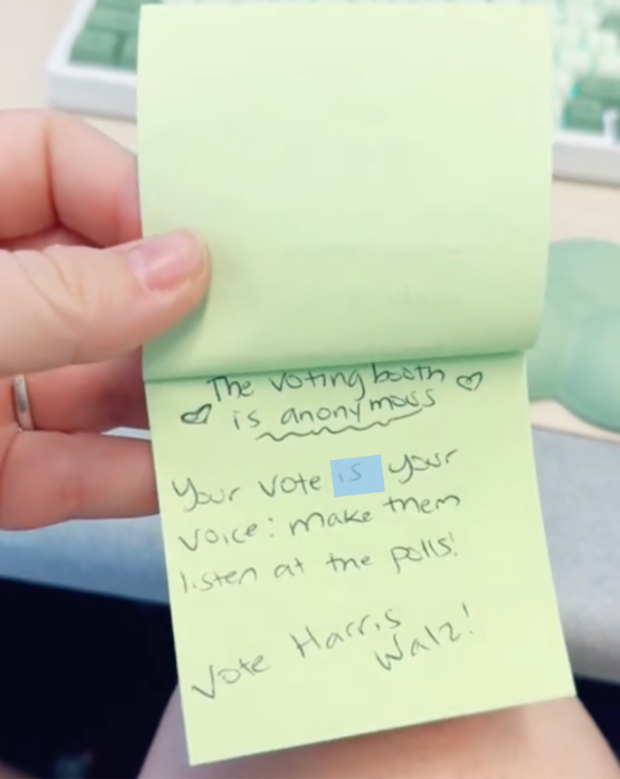
Across the country, women are reminding each other to cast their vote freely and privately—regardless of the political beliefs of their spouse or partner.
In a world where the political gender gap is growing as women become more liberal, a clever grassroots campaign is reminding women of a fundamental truth: Their vote is private.
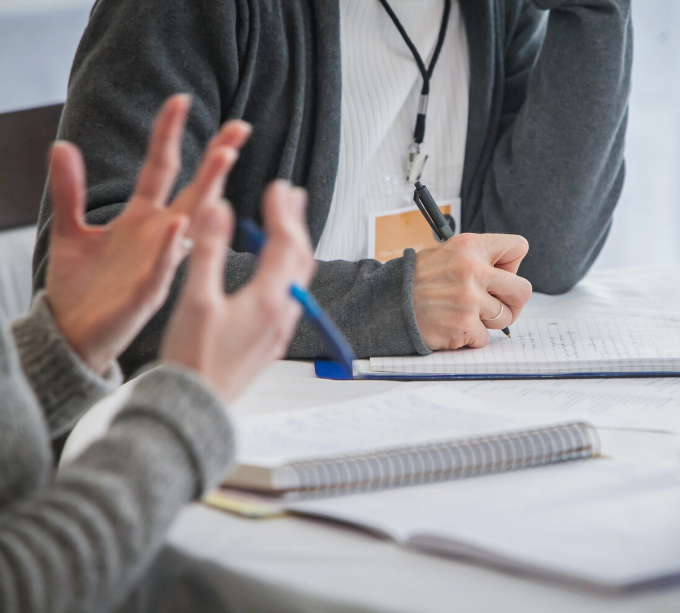
Co-imagination may be a way for people to co-create a shared understanding of alternative futures.
"Imagining future experiences in our personal lives is not always something we do in solitude. Rather, people can imagine a future by envisioning it together, co-creating a shared understanding of what that future could hold and, in doing so, growing closer and more connected." - Zoë Fowler, Brendan O'Connor
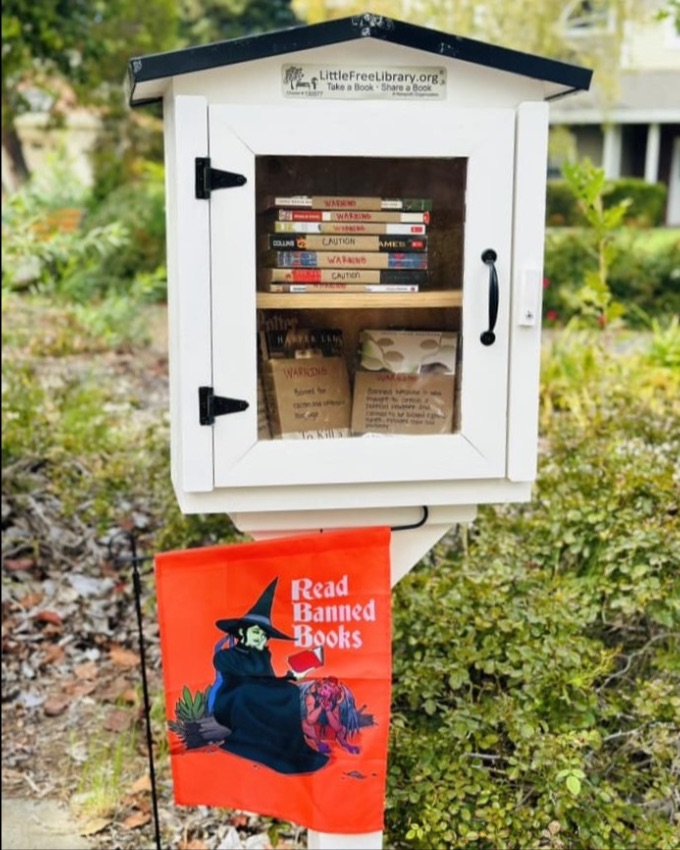
Share banned books.
"With more than 180,000 Little Free Library book-sharing boxes worldwide, there is a legion of stewards who take book access seriously — and many go above and beyond when protecting access to banned and challenged books. In a recent poll, 87% of Little Free Library stewards say they share banned books." - Margret Aldrich
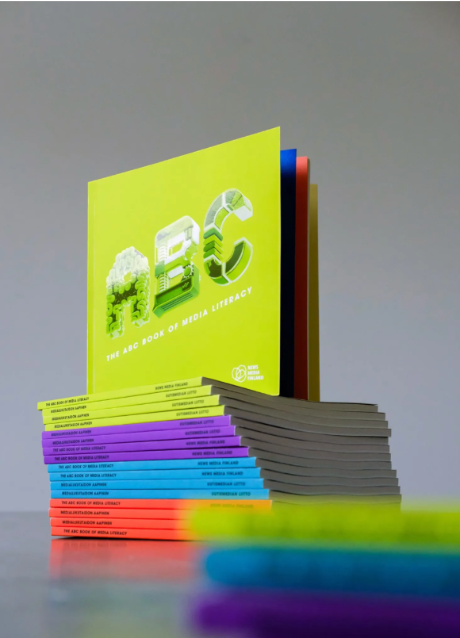
A comprehensive guide designed to equip young people with the tools they need to navigate an increasingly complex and often perilous media environment.
"The ABC Book of Media Literacy isn’t just another textbook. It’s a primer covering the media landscape, literally from A to Z. Each letter of the alphabet represents a key concept or area in media literacy, from algorithms and bots to watchdogs and zines."
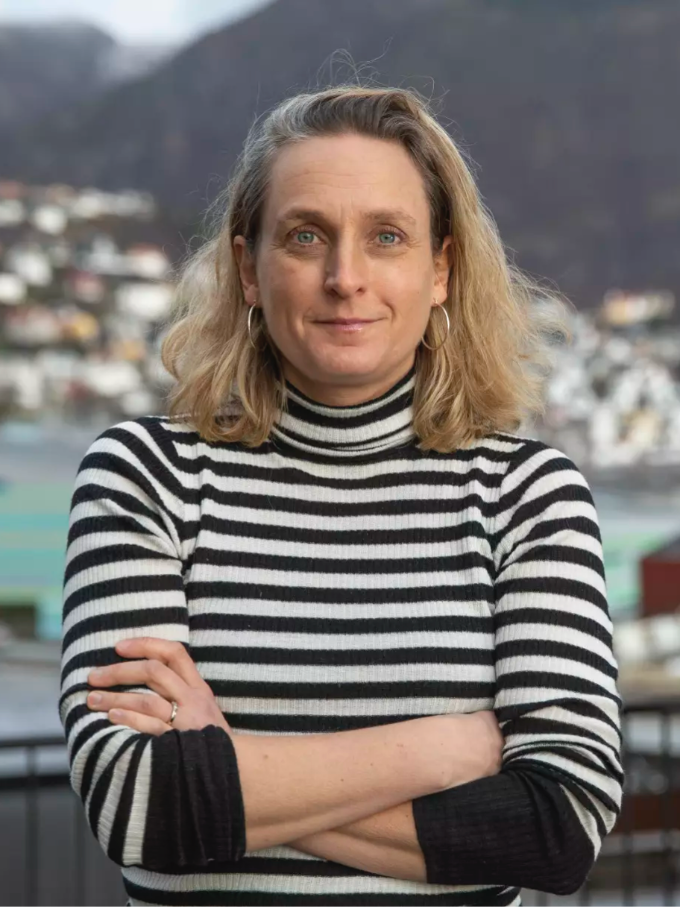
How Norway's national broadcaster reframed its climate coverage to become the most viewed content they produce.
Four years ago, Norway’s national broadcaster set out to completely reshape its coverage of climate change, restructuring reporters’ positions in the newsroom, and investing in producing fewer, but more widely read, climate stories.
